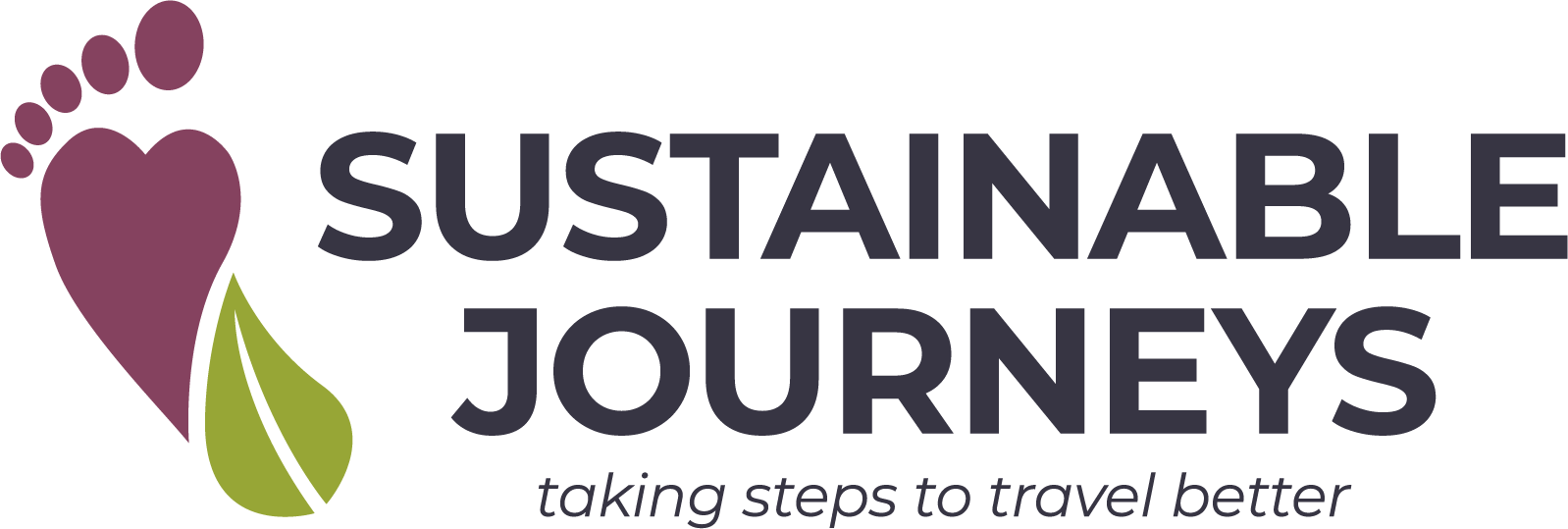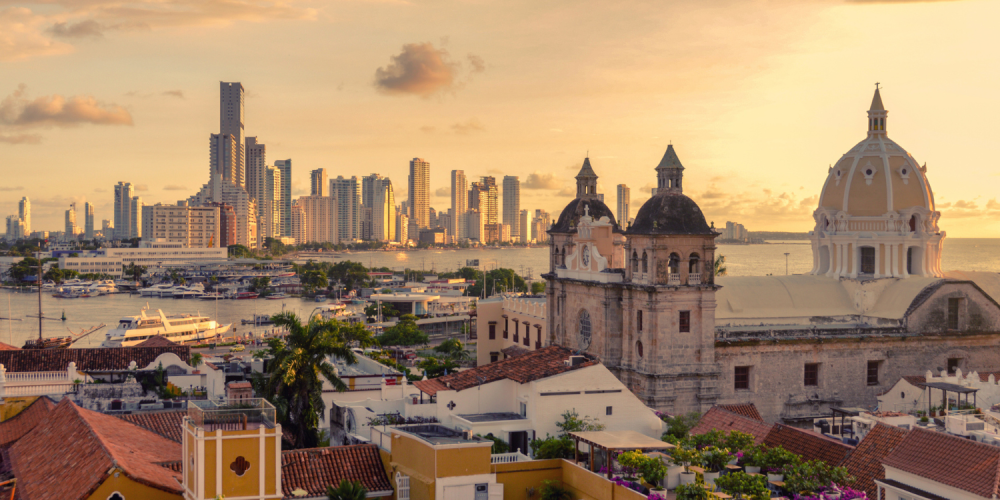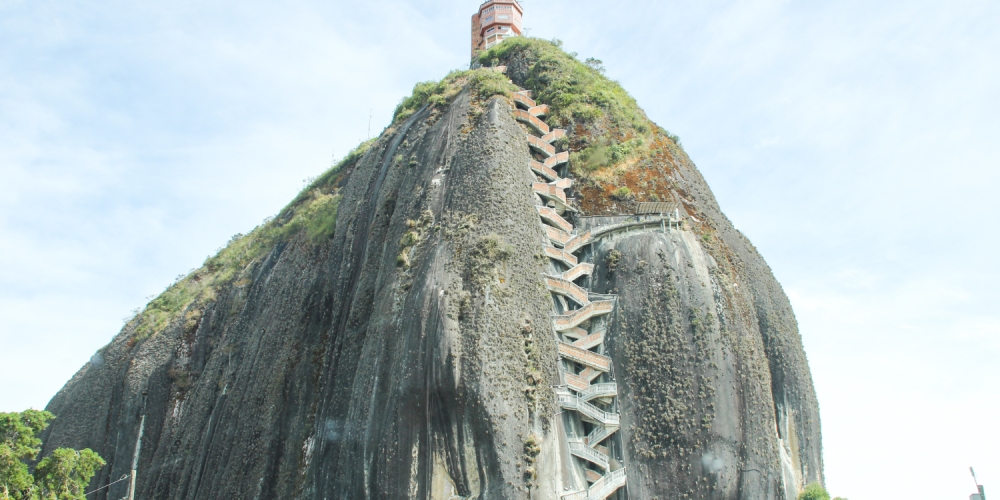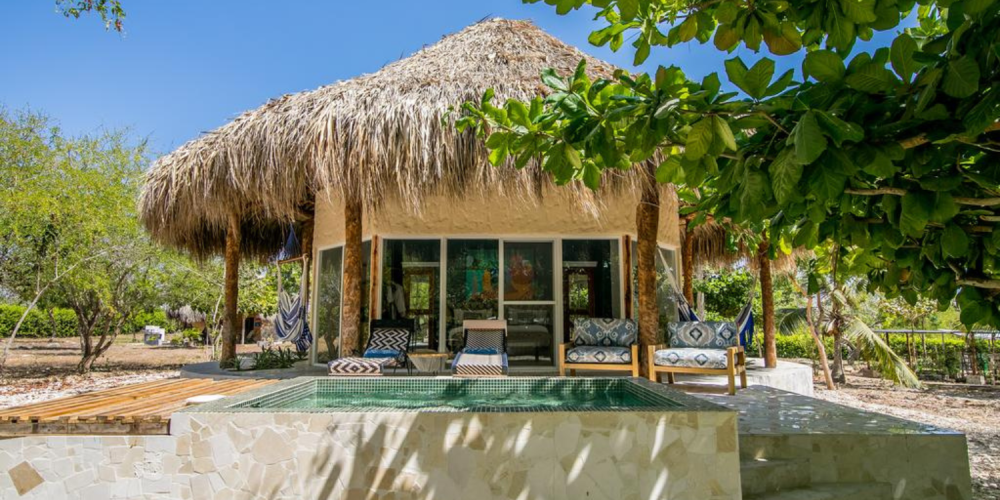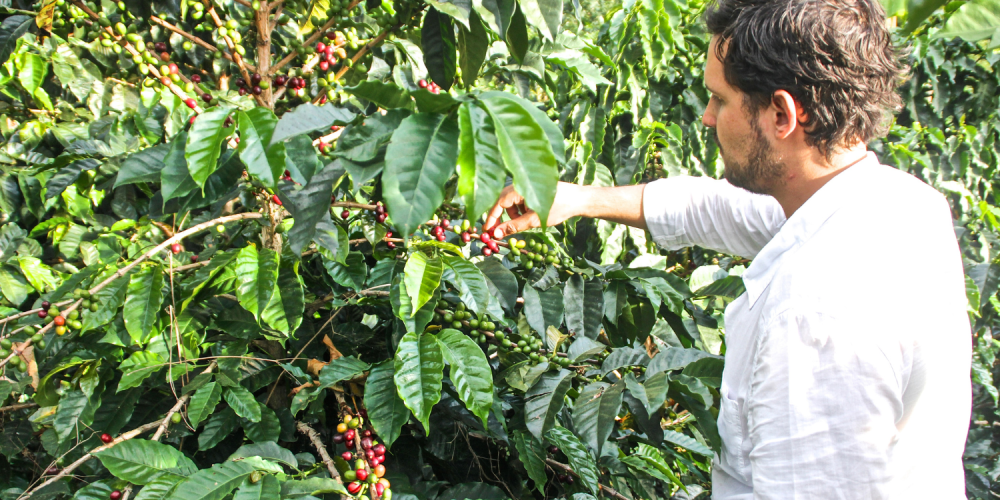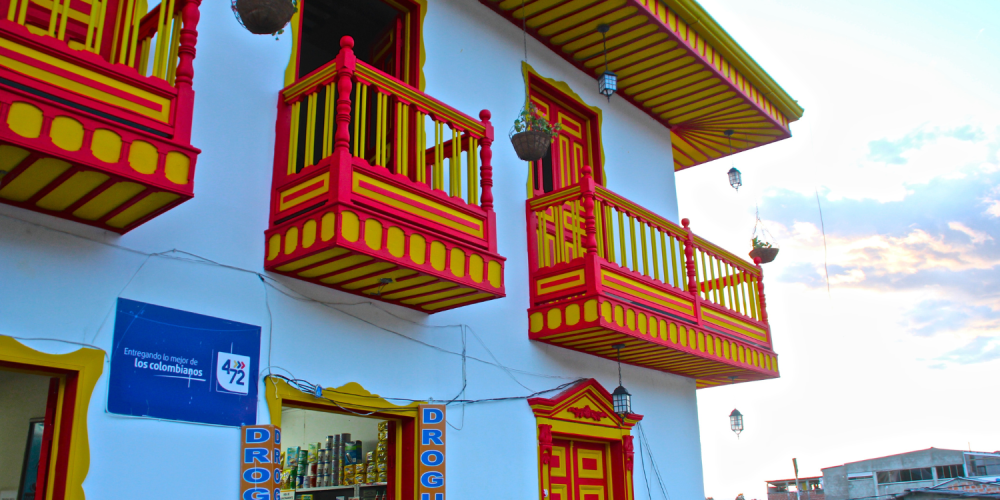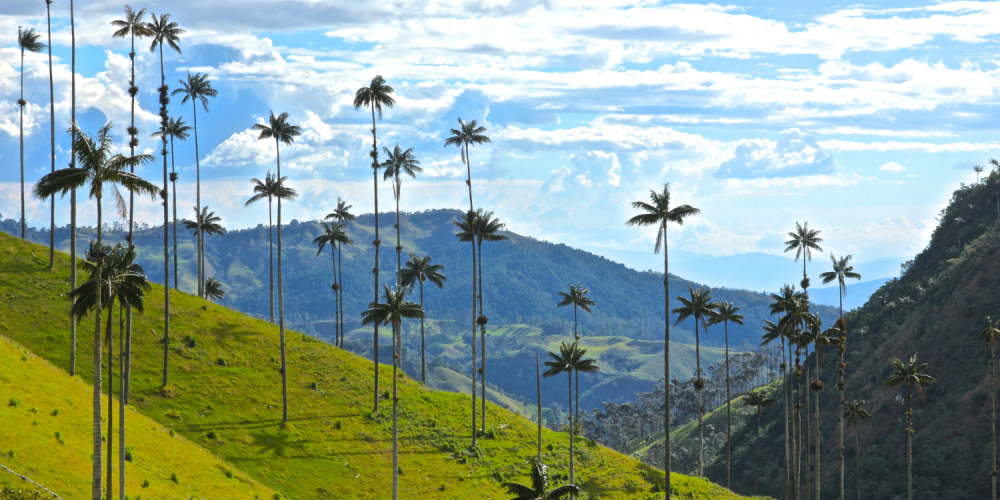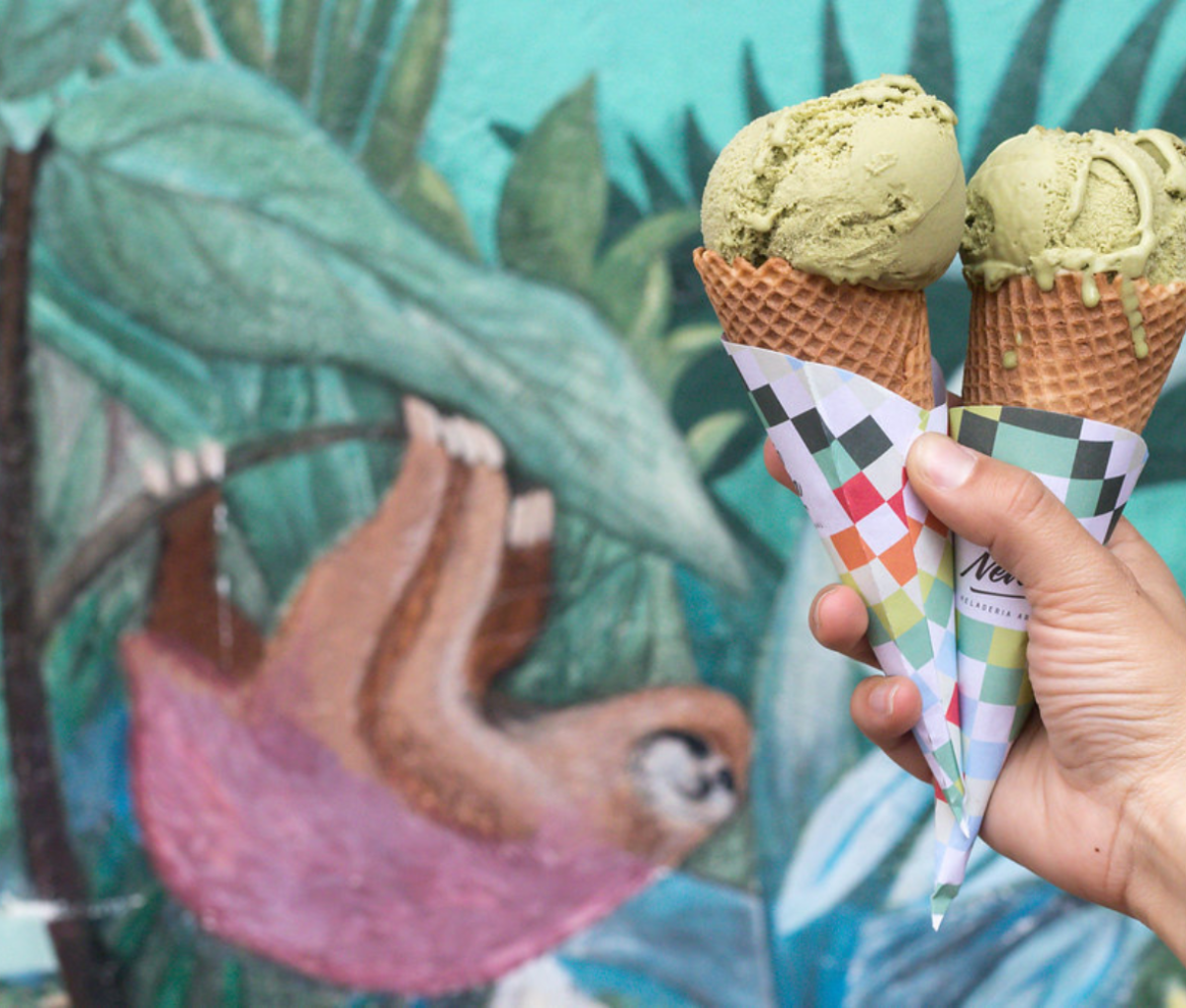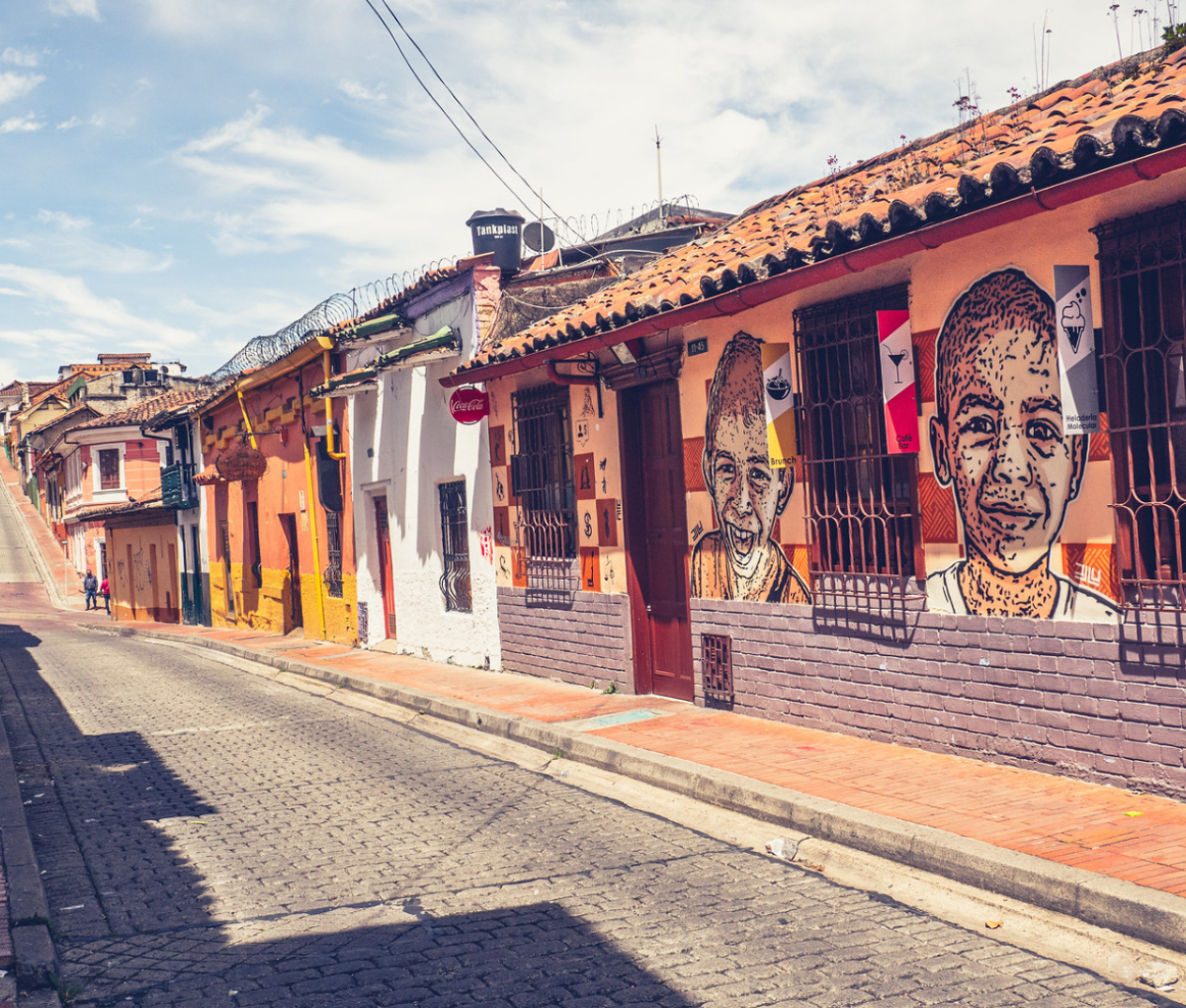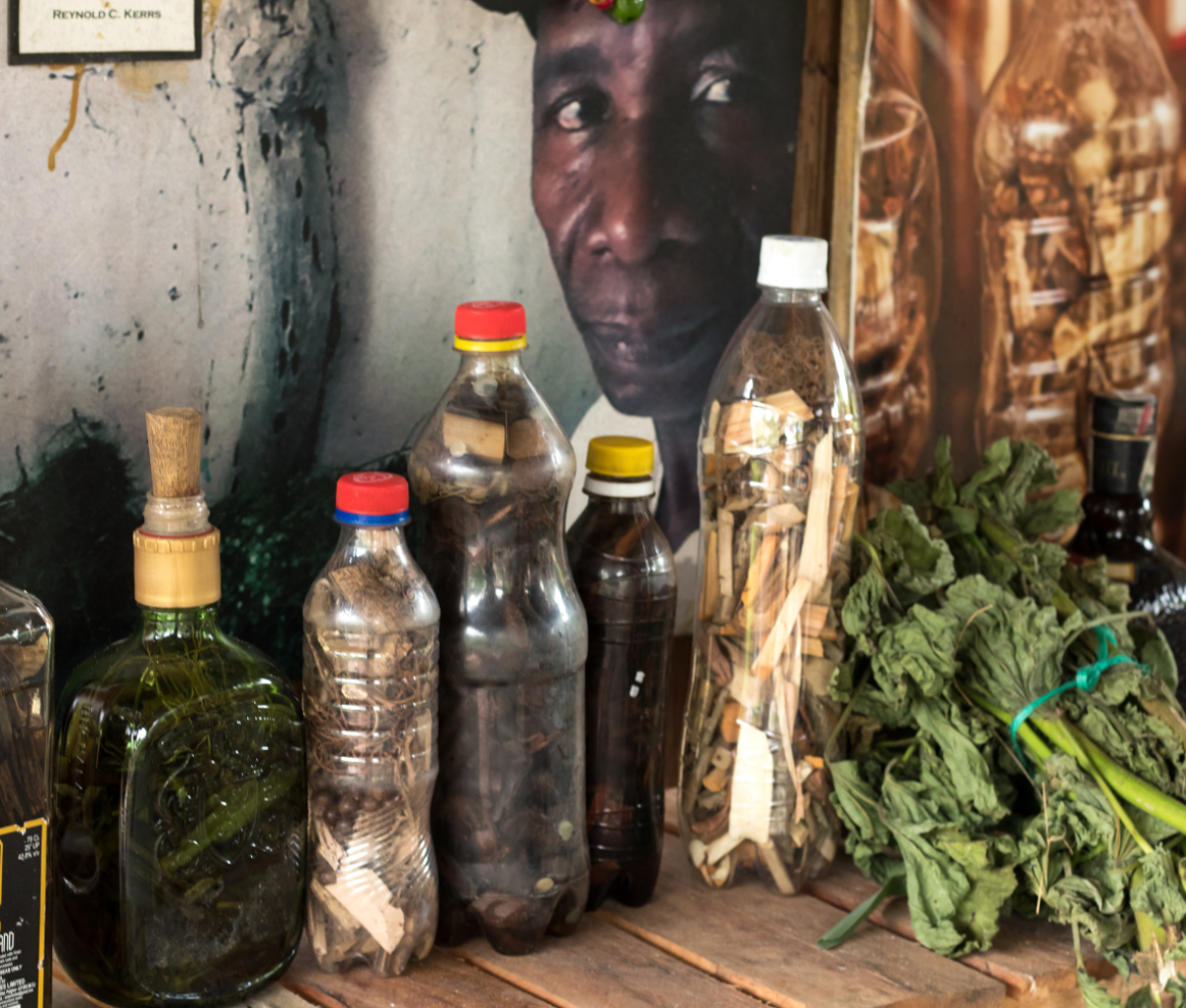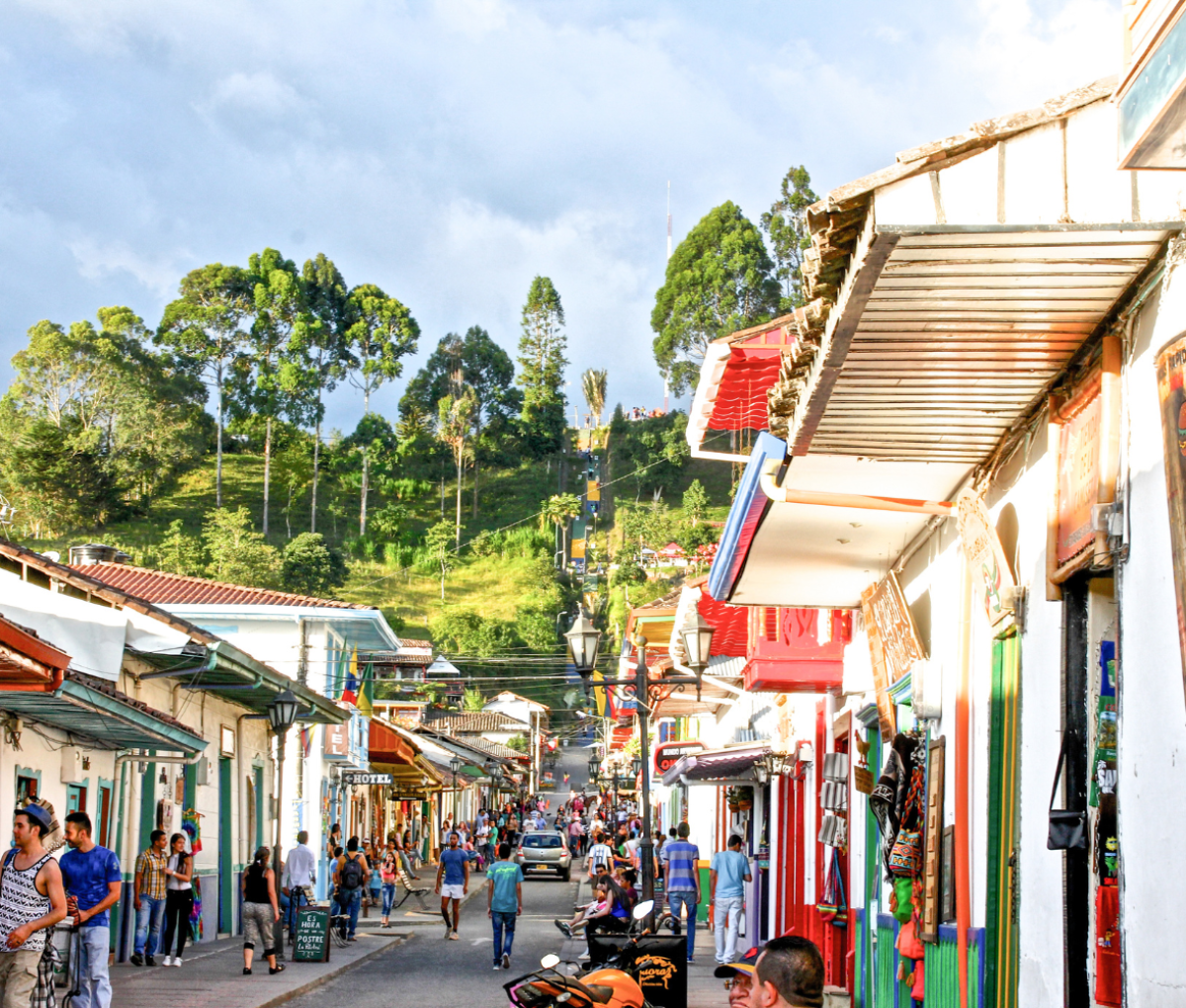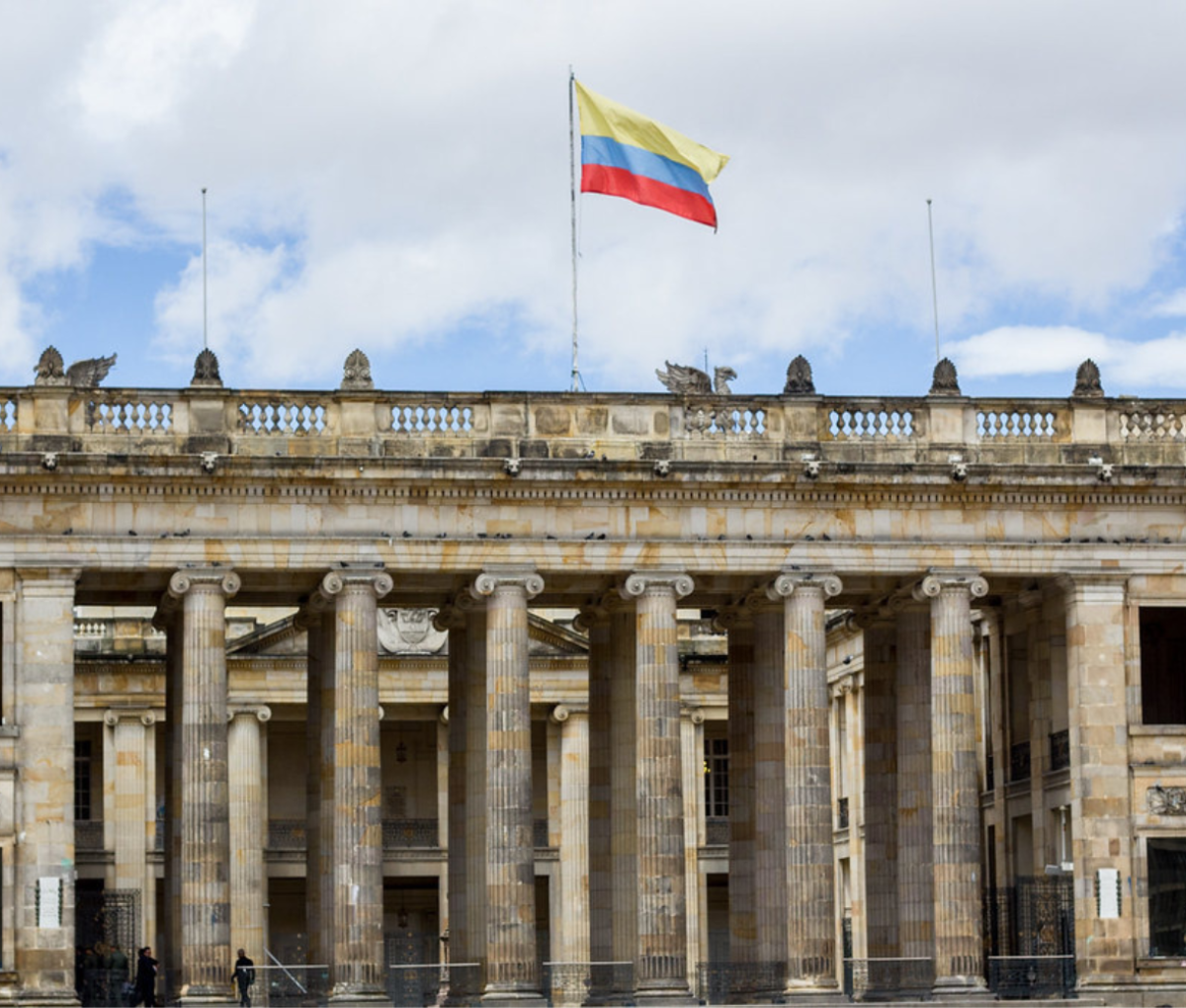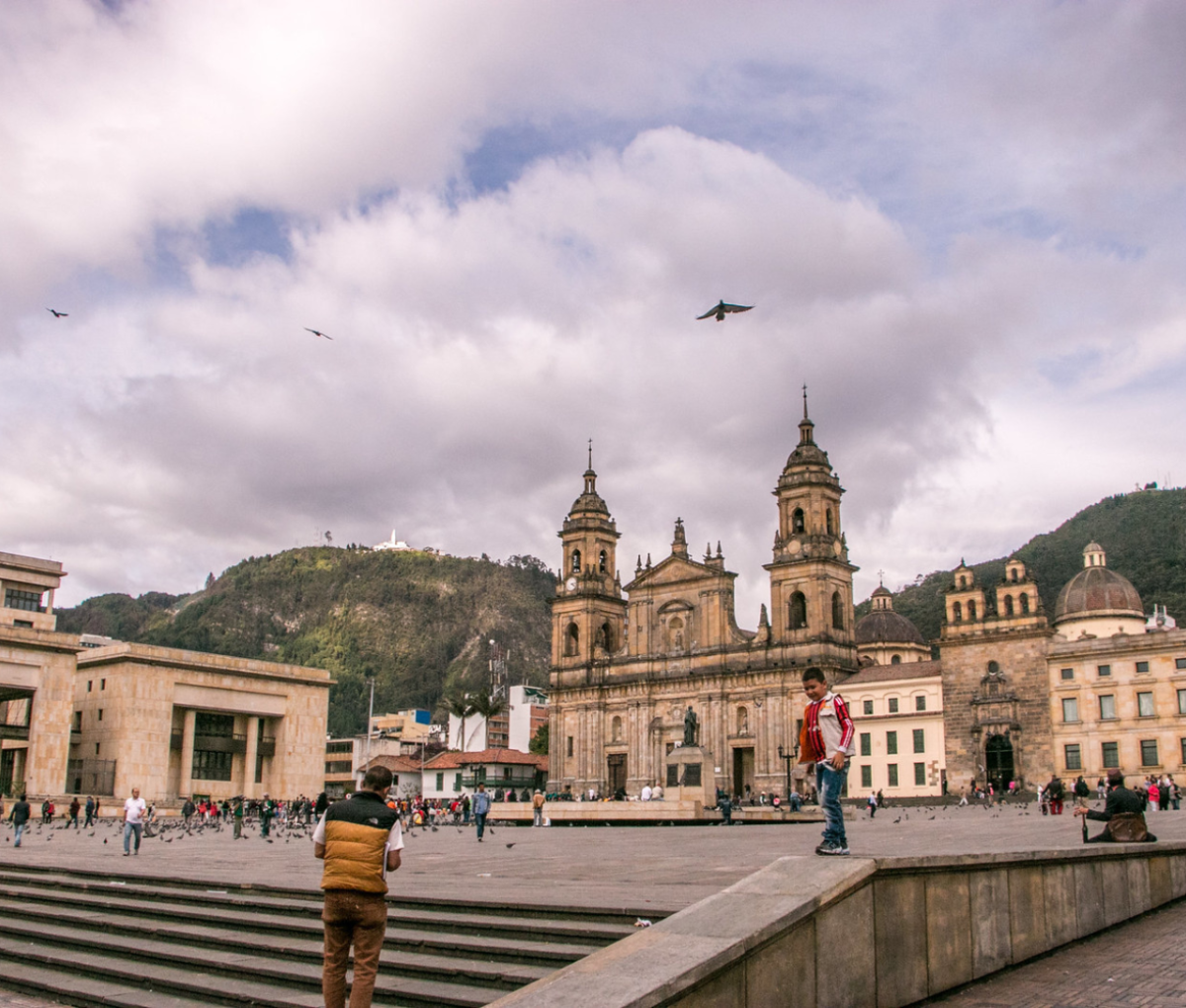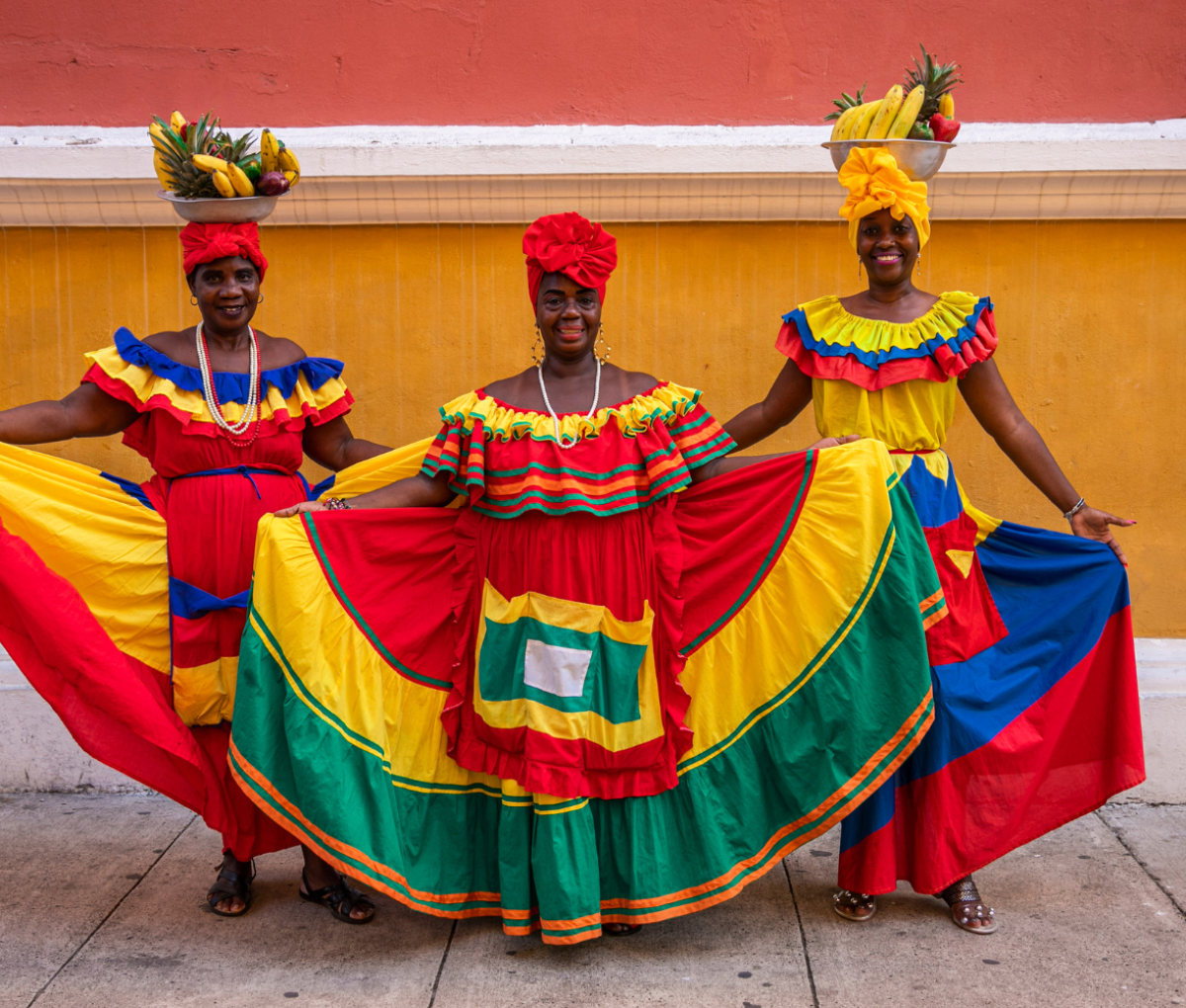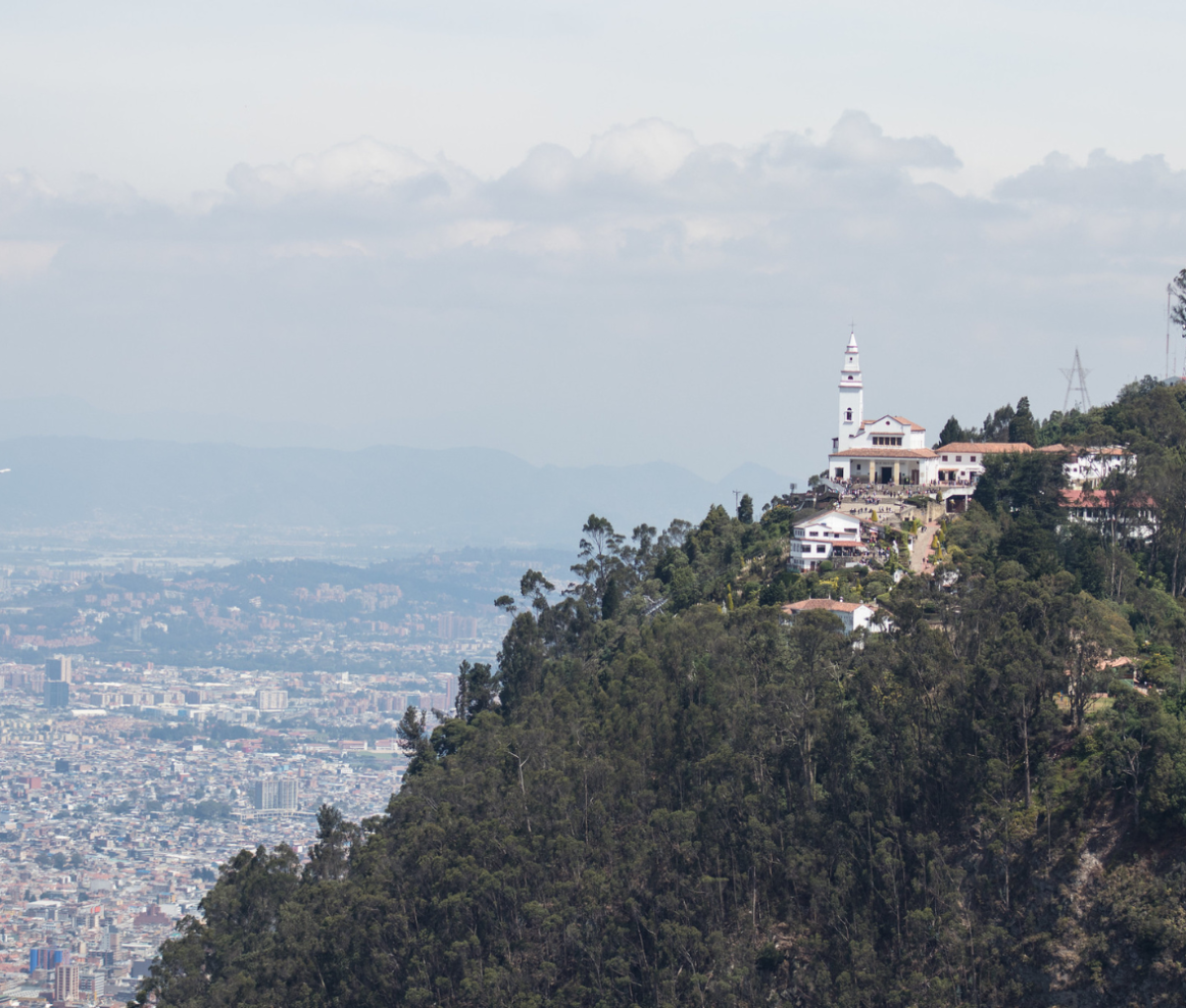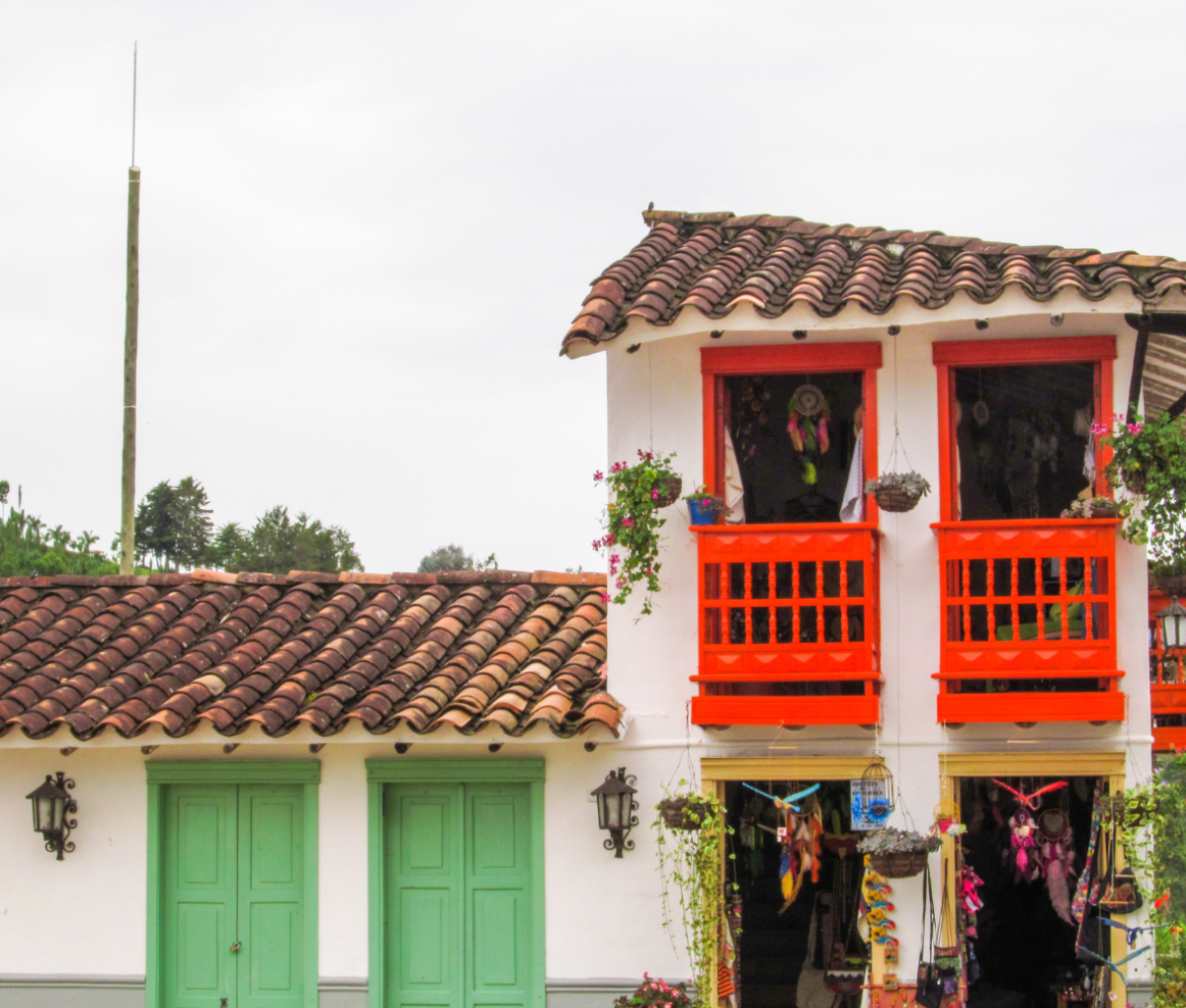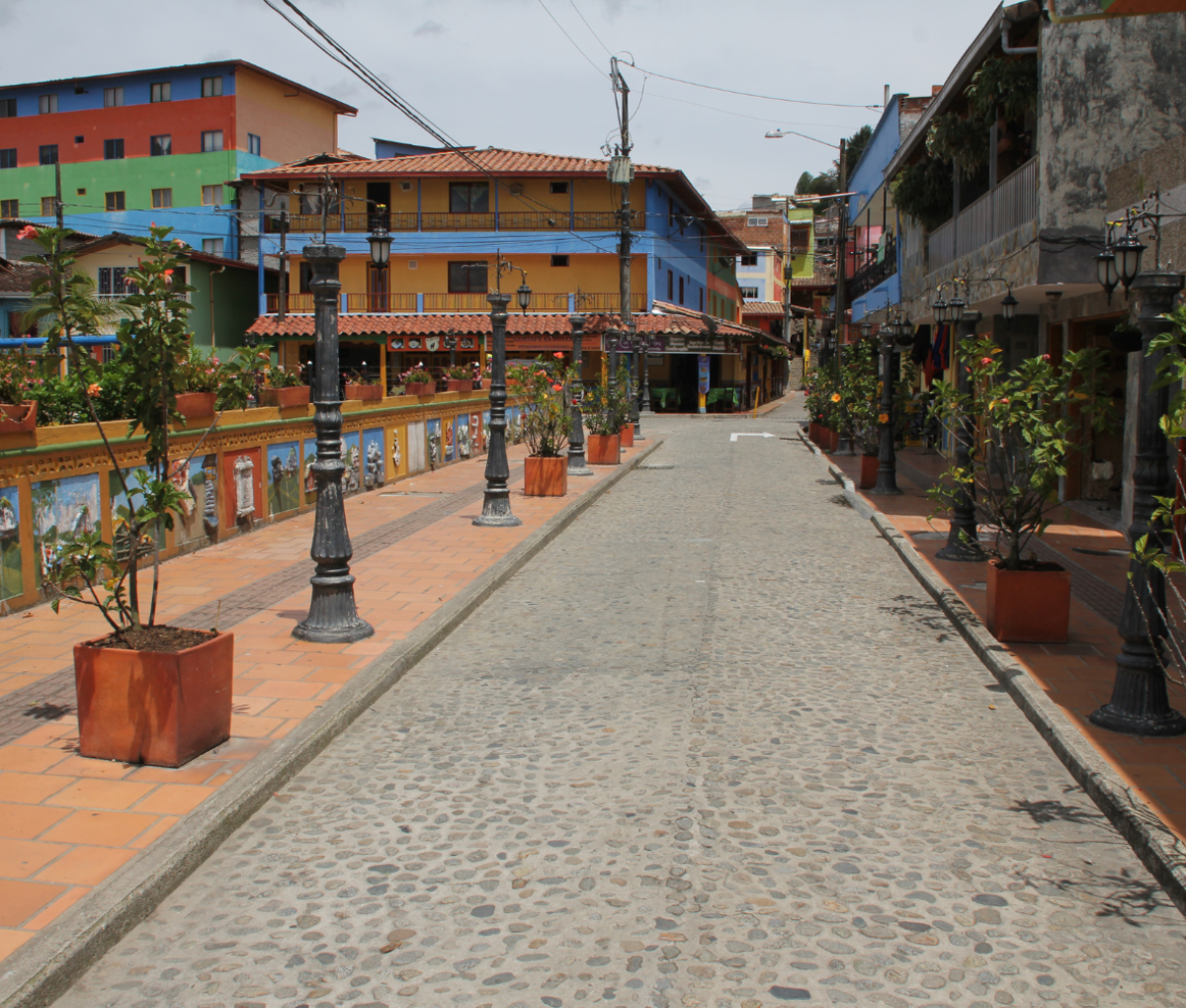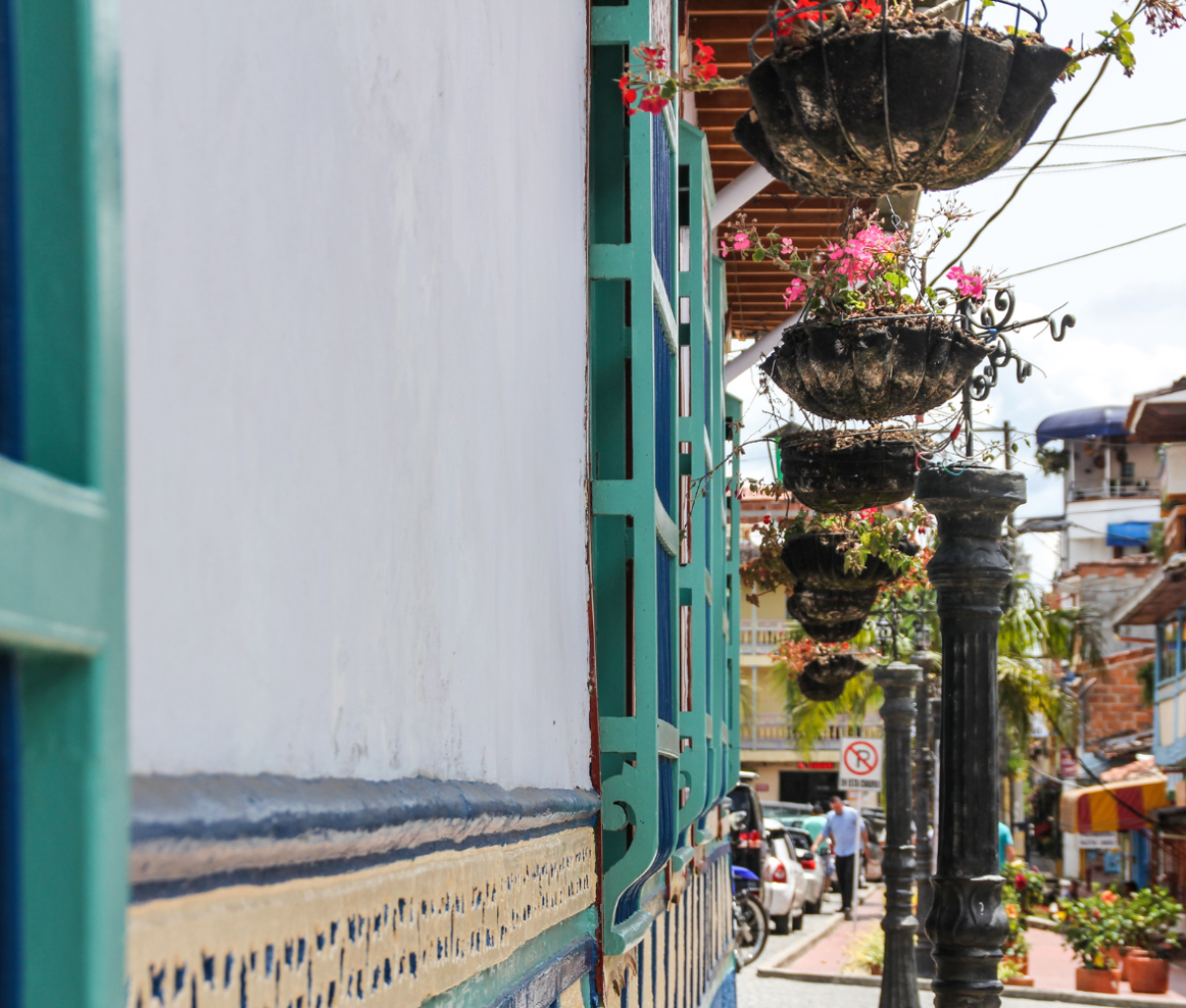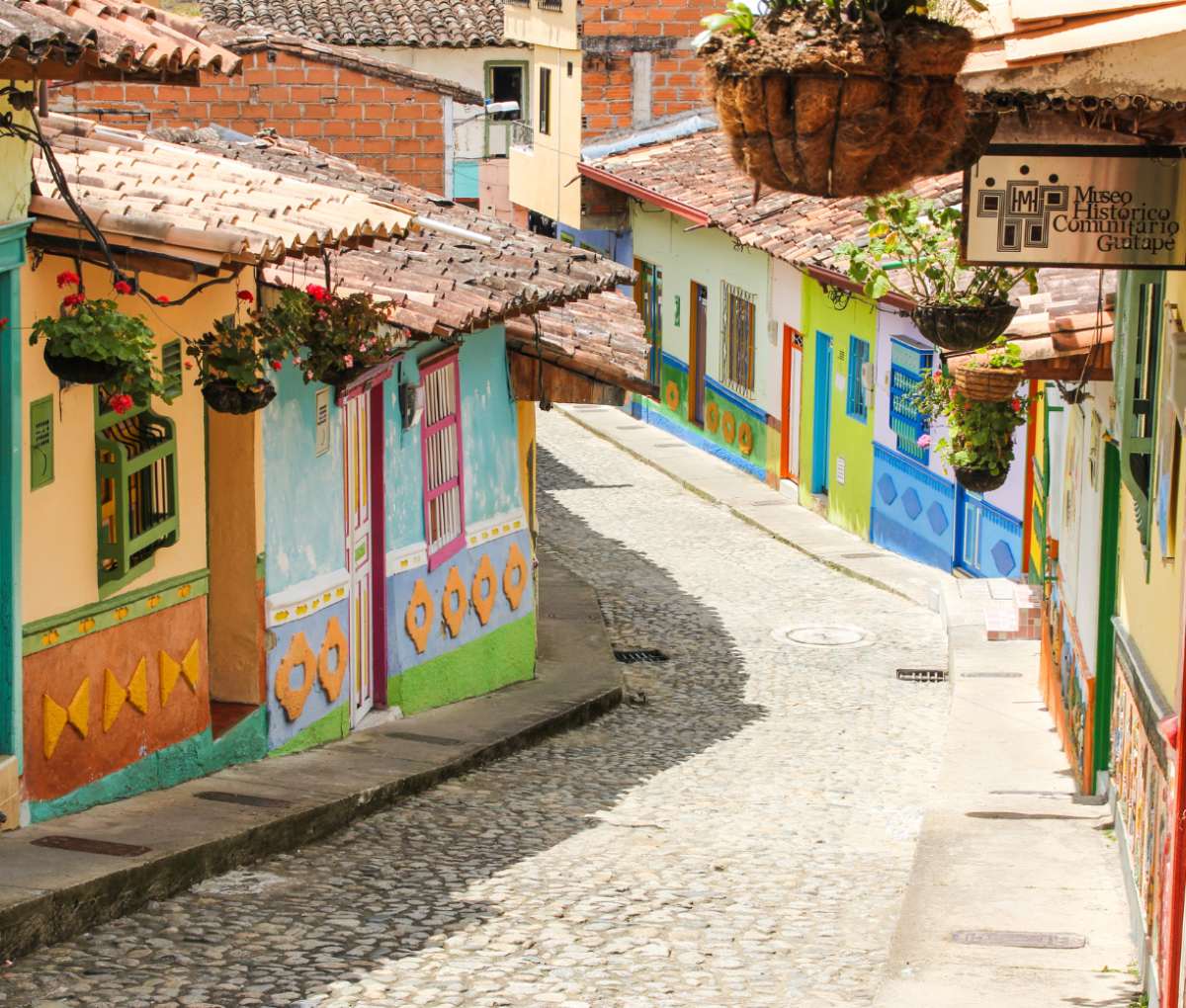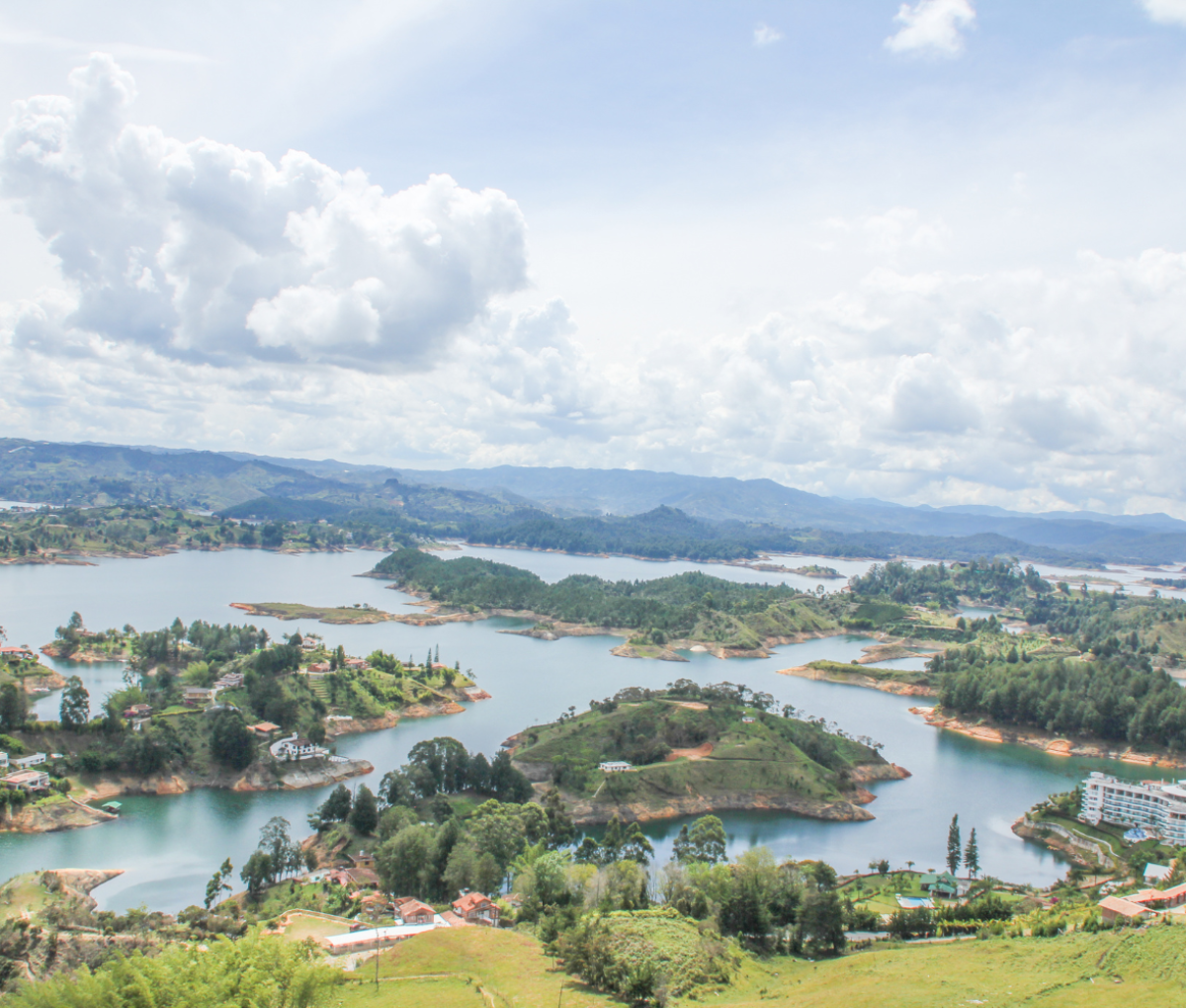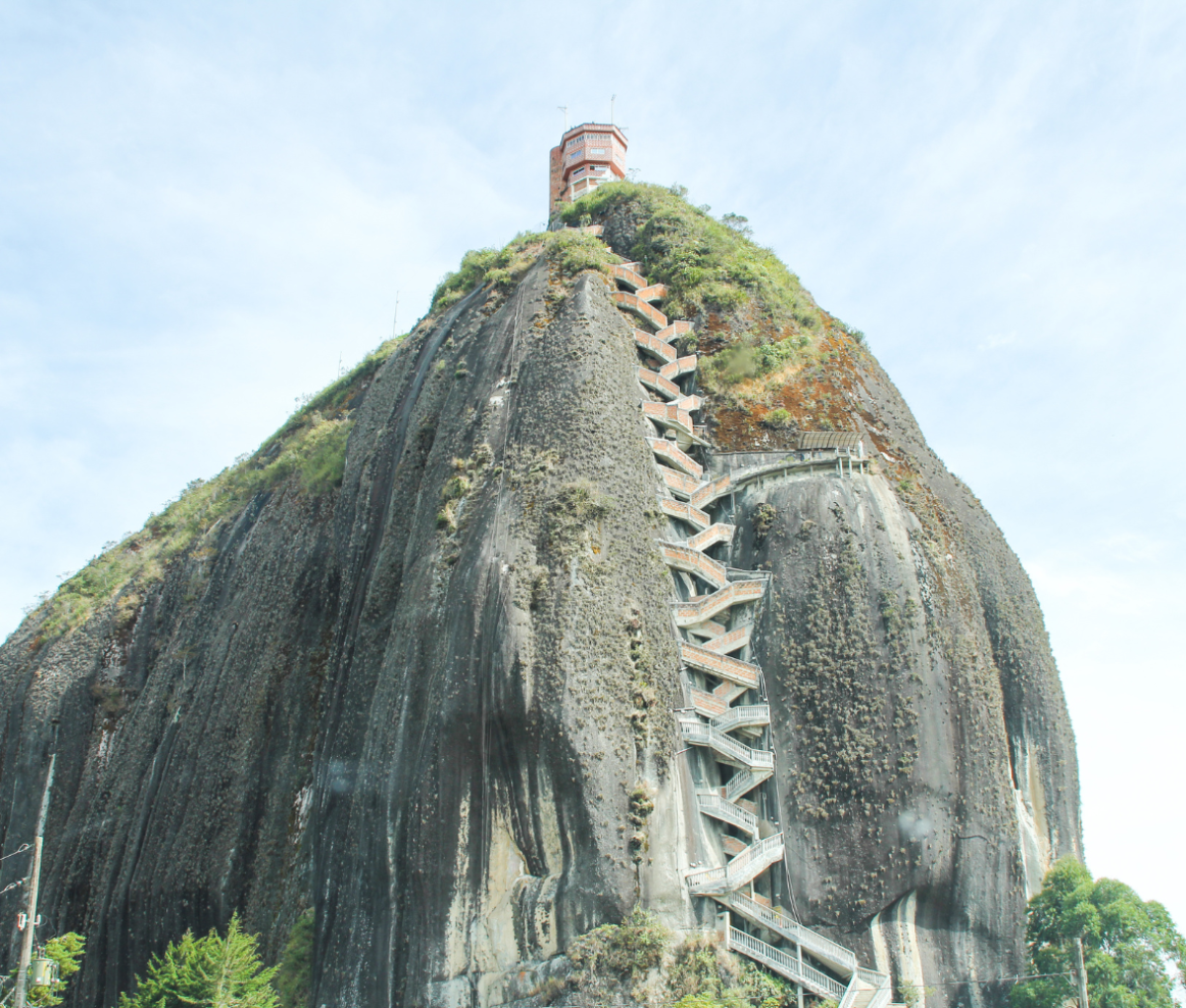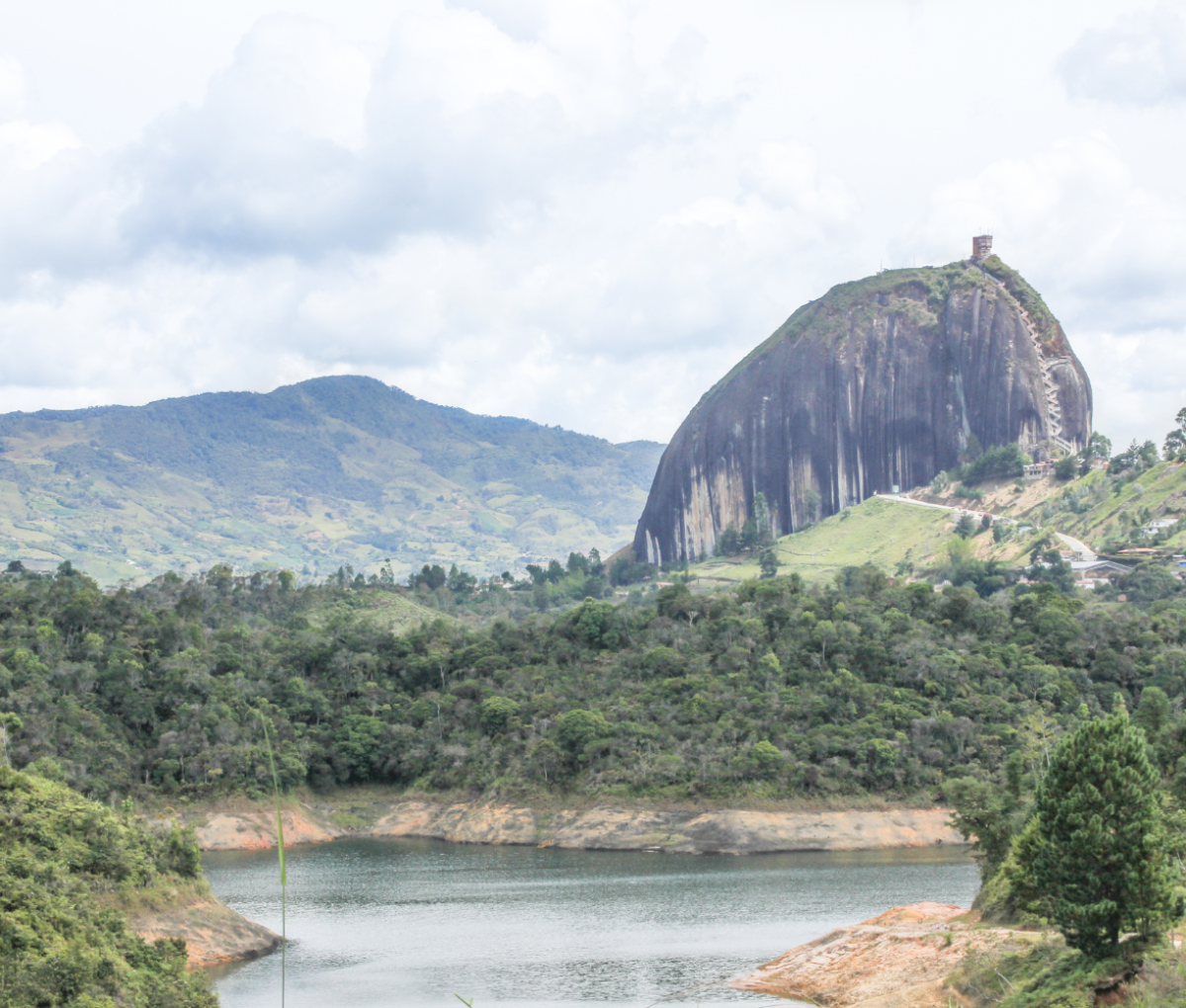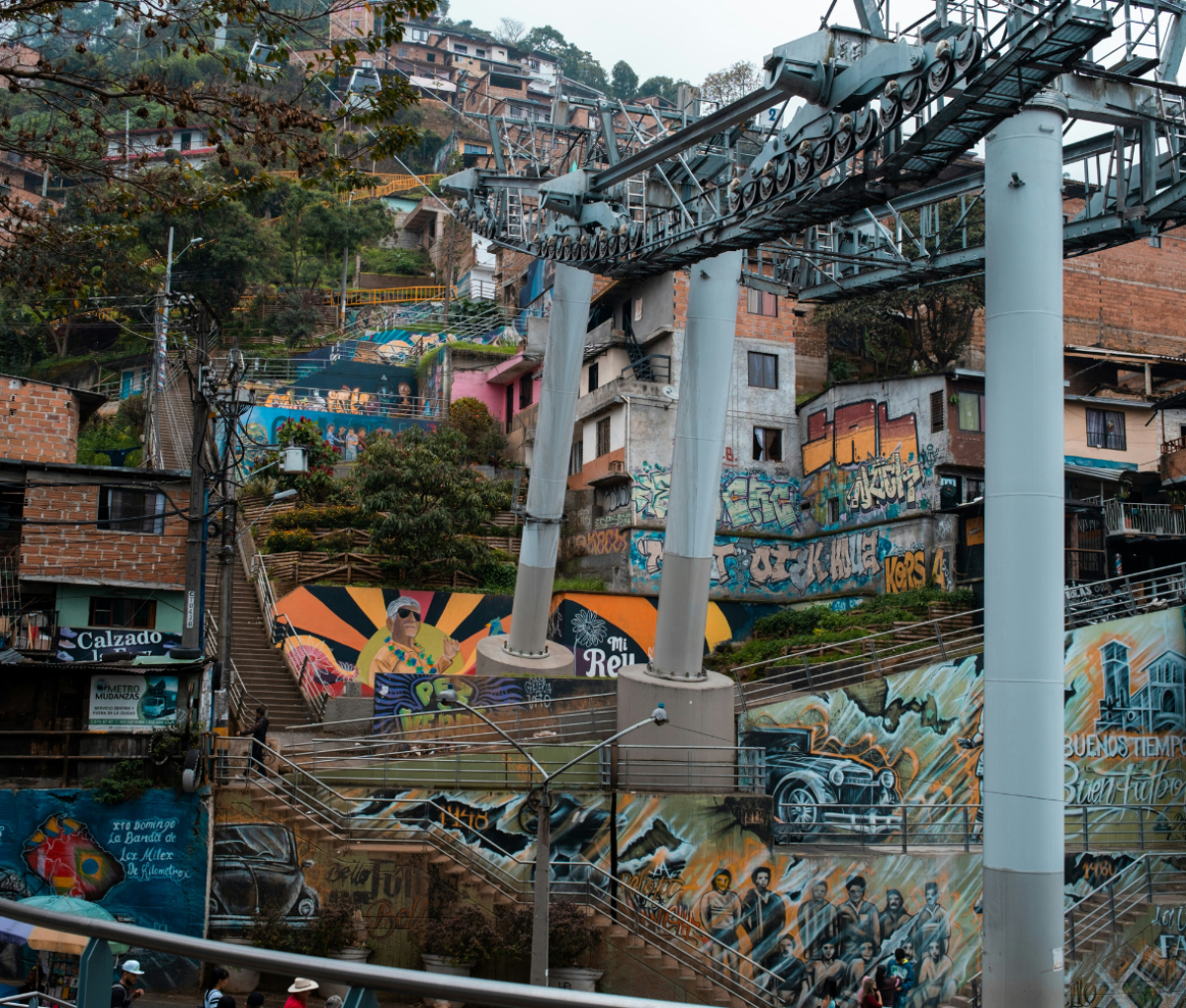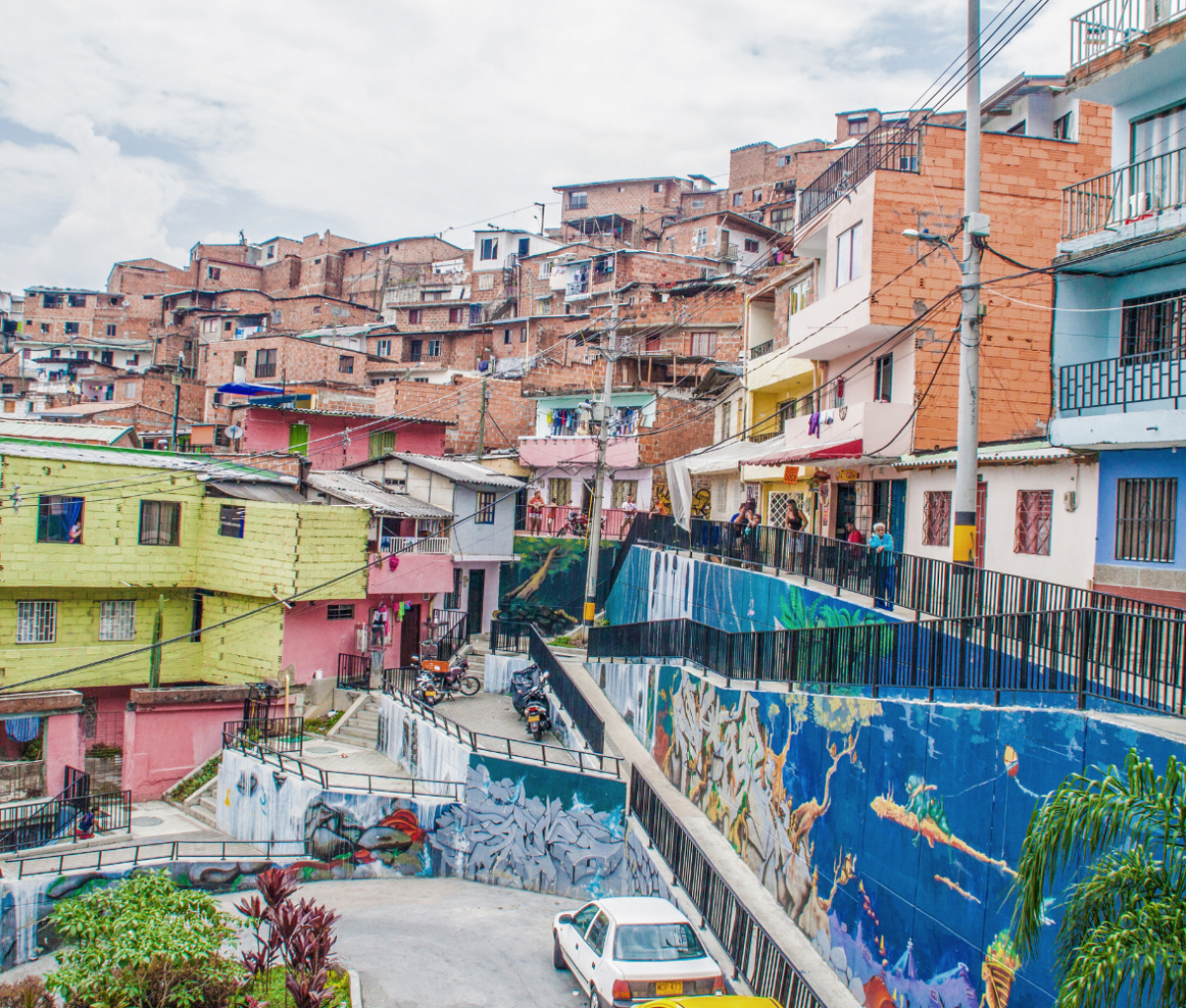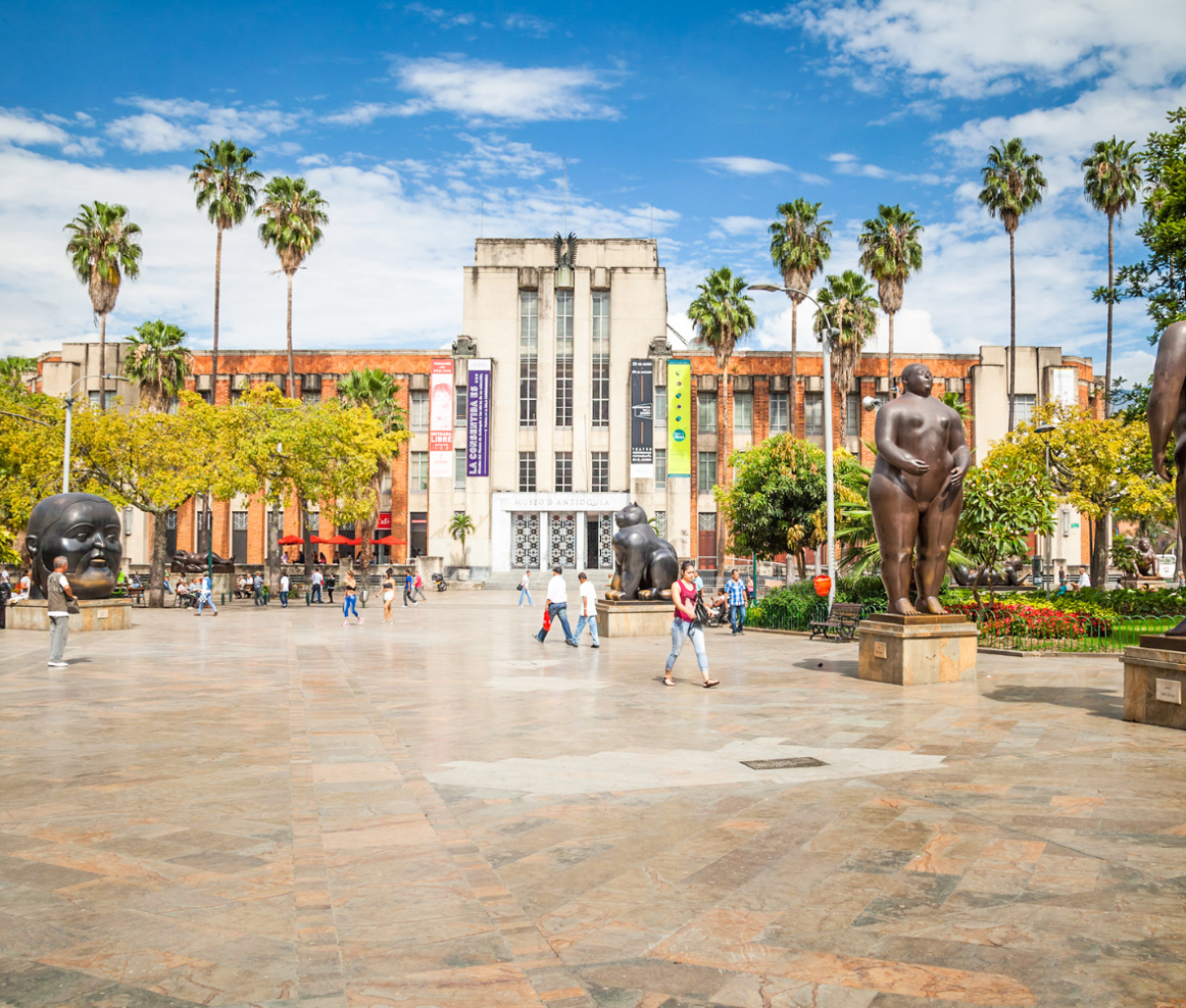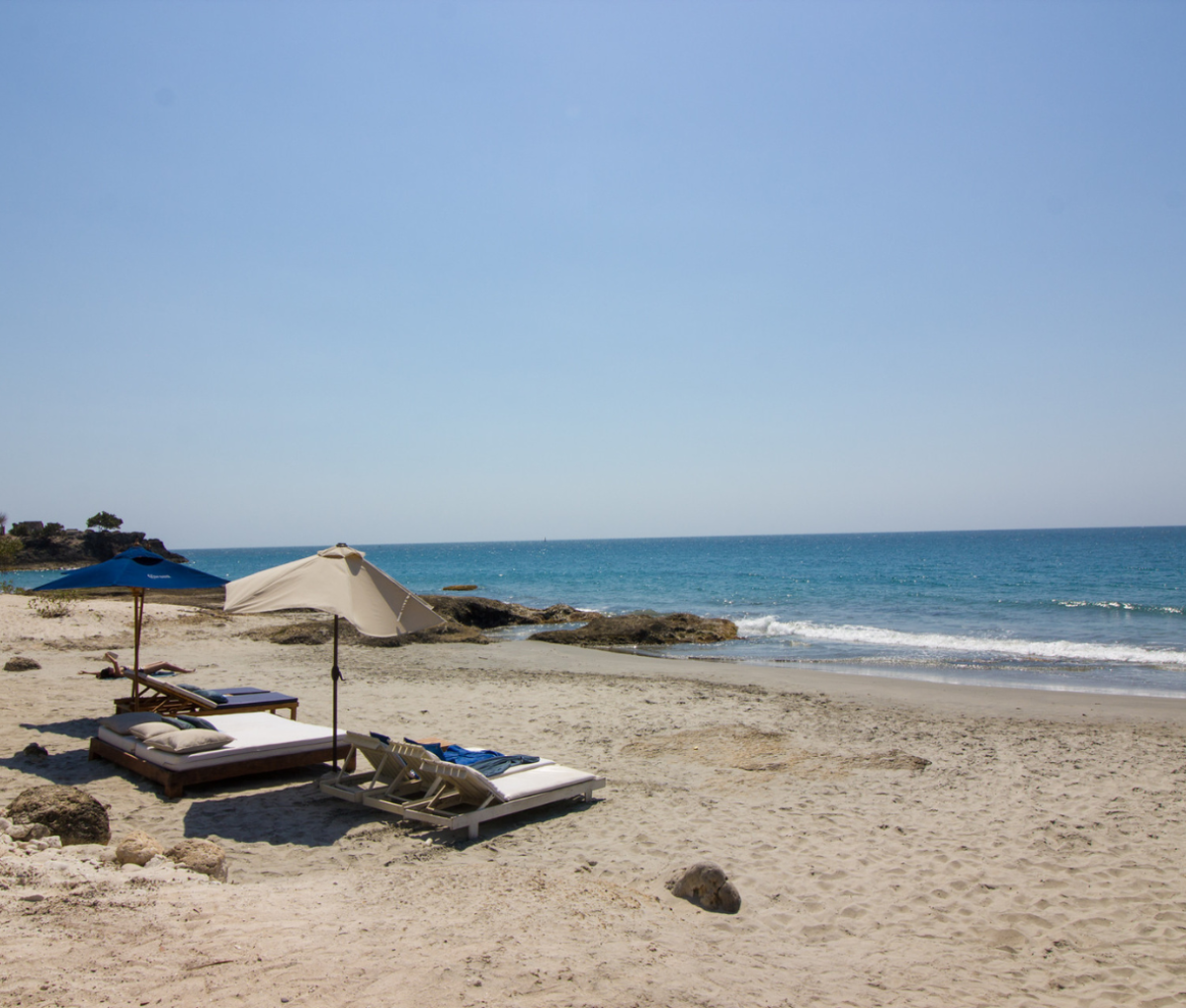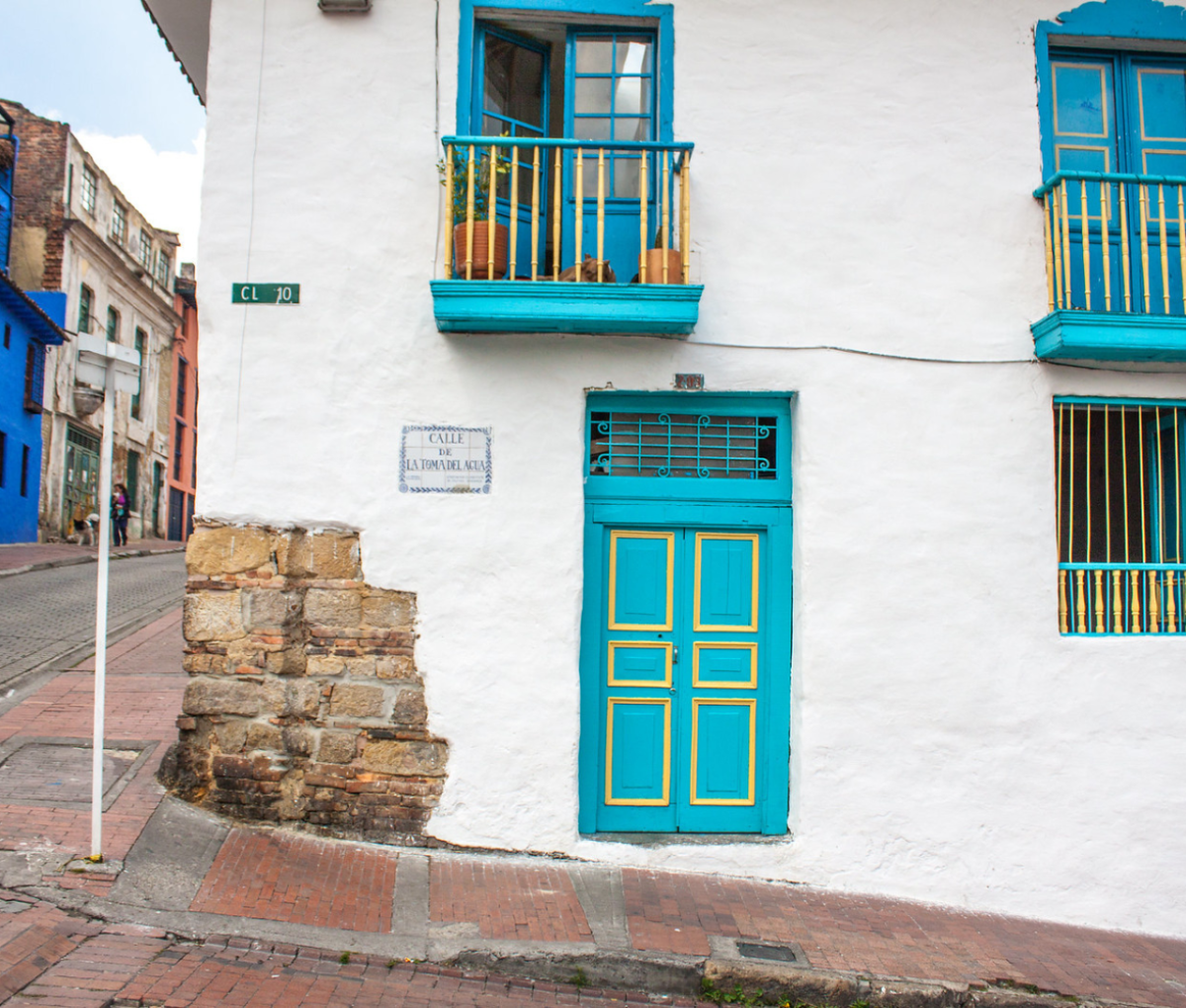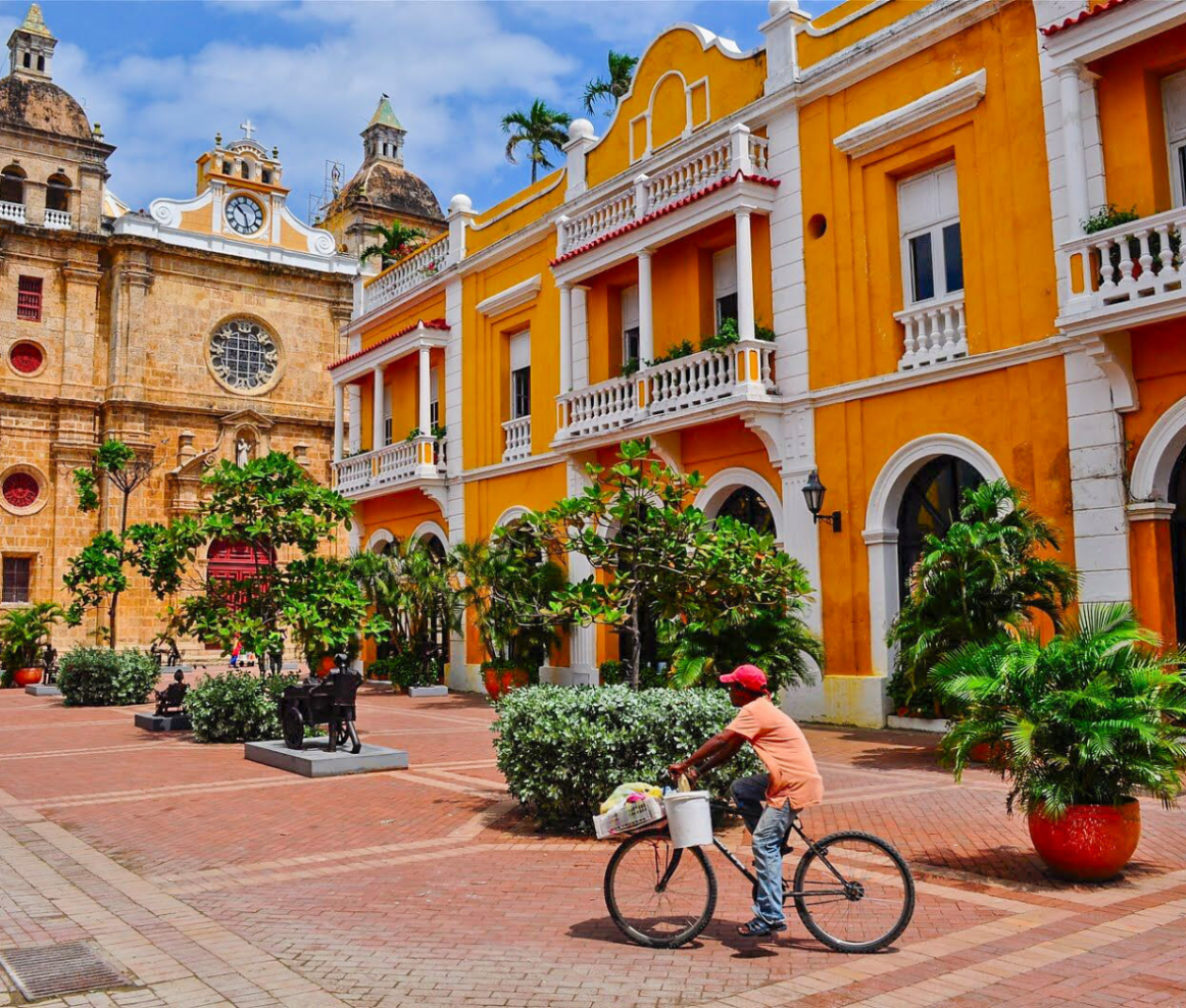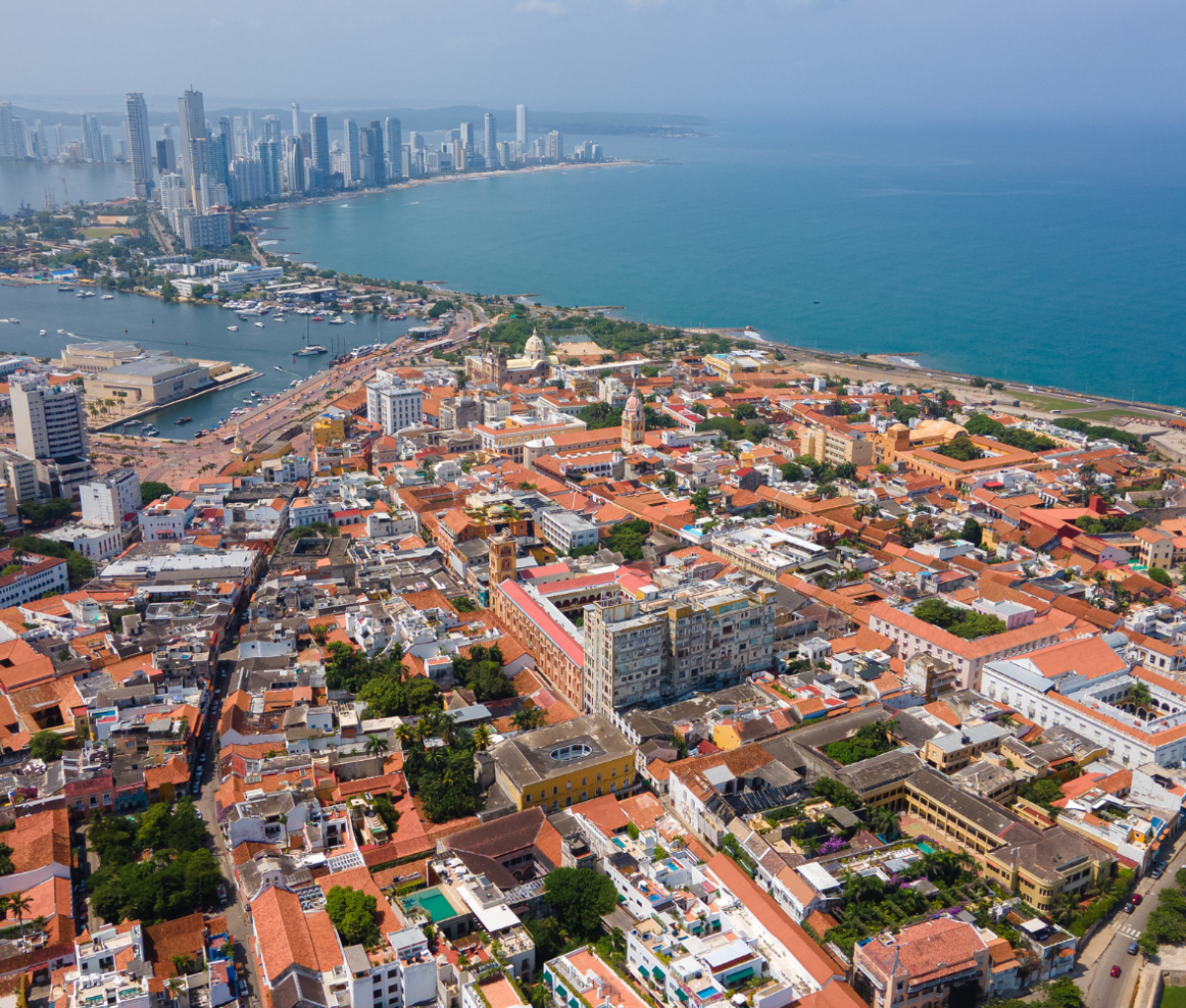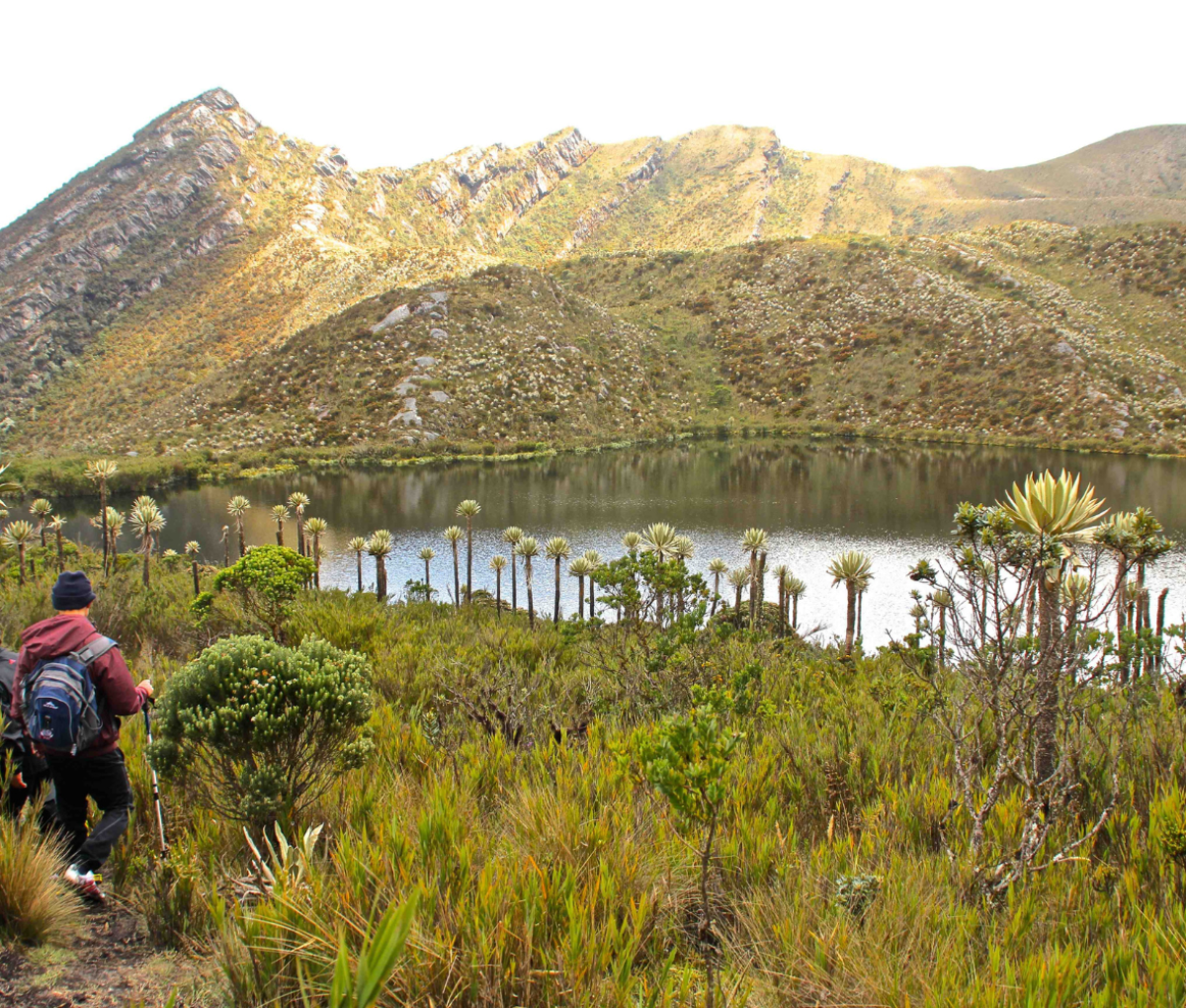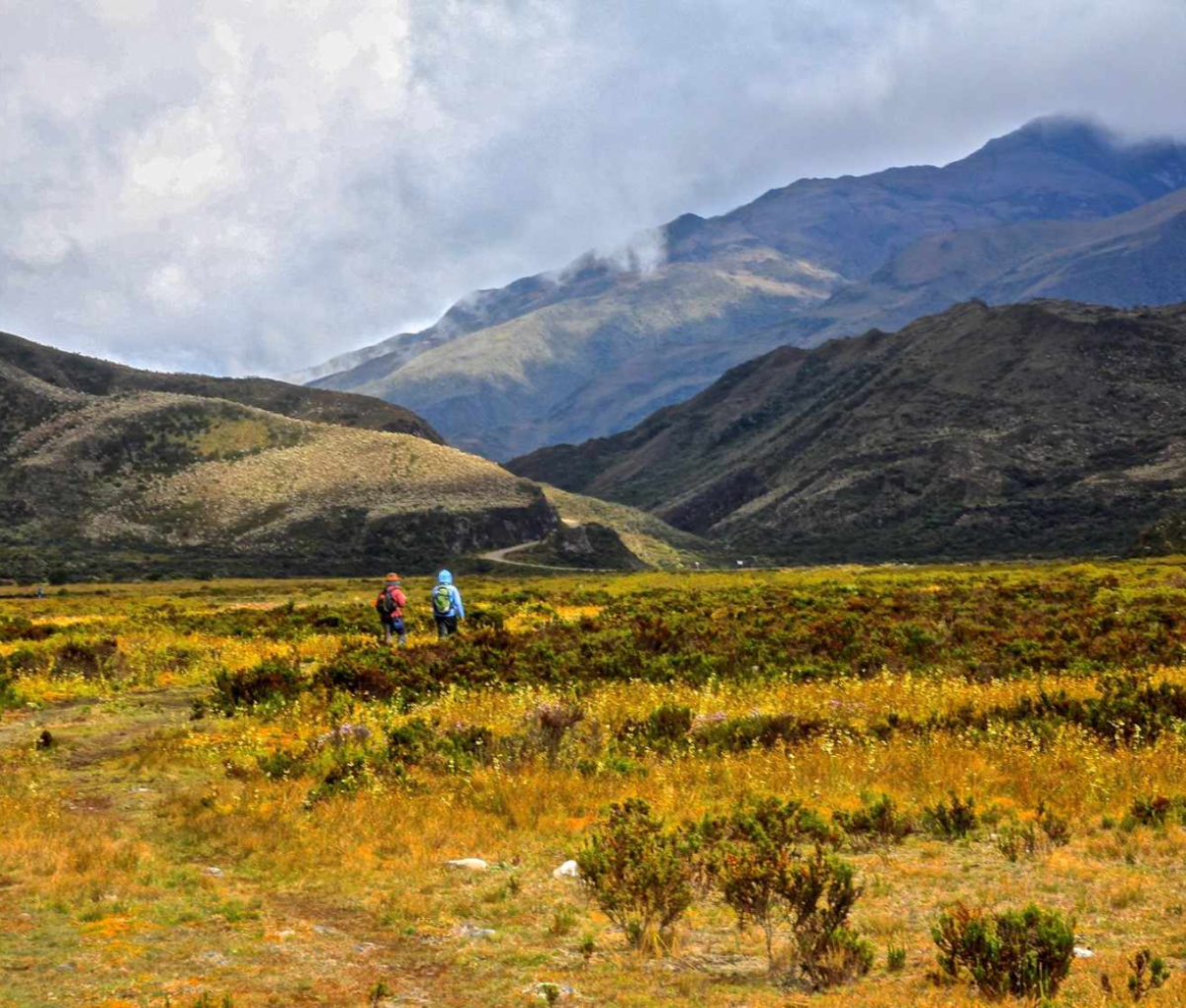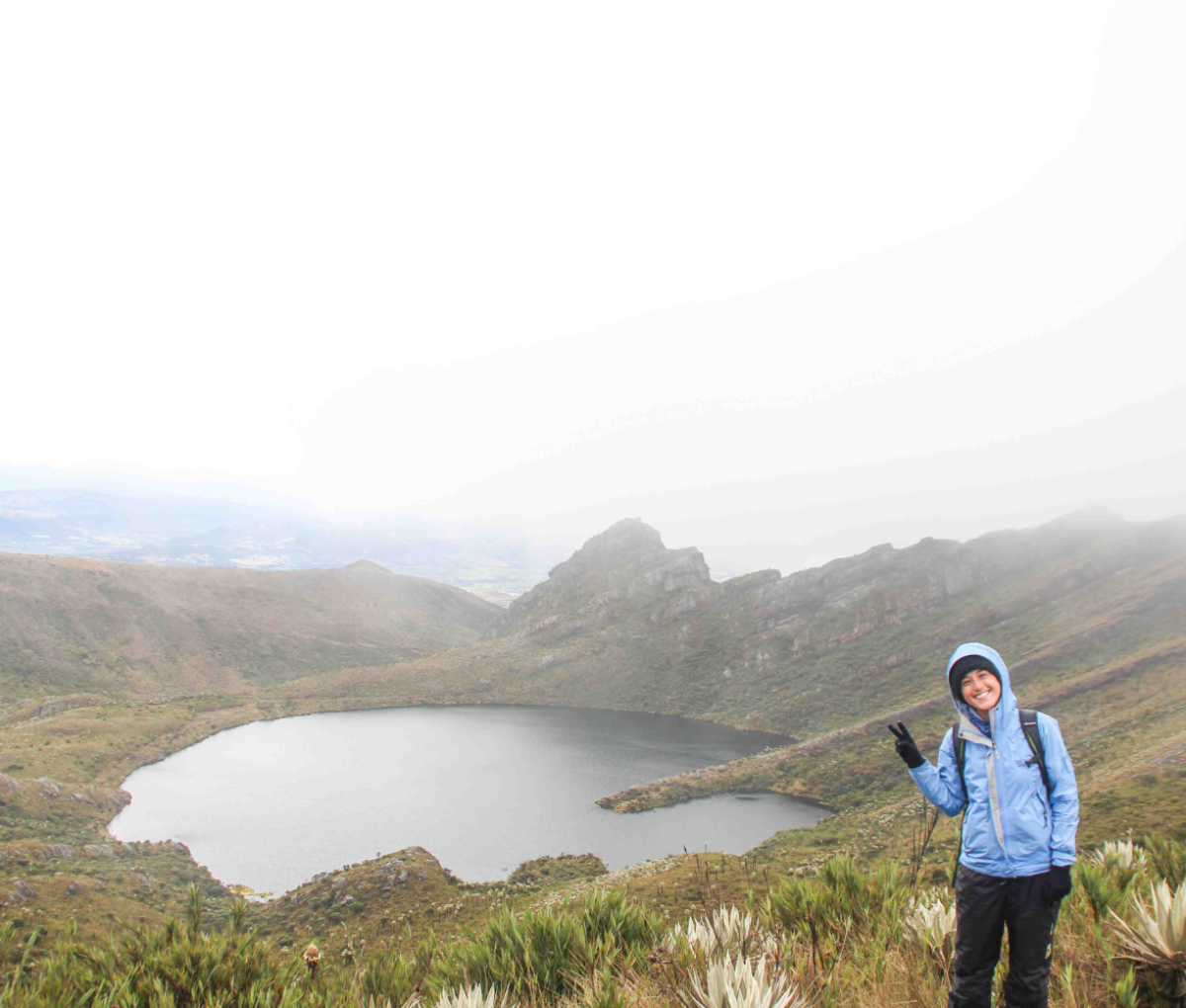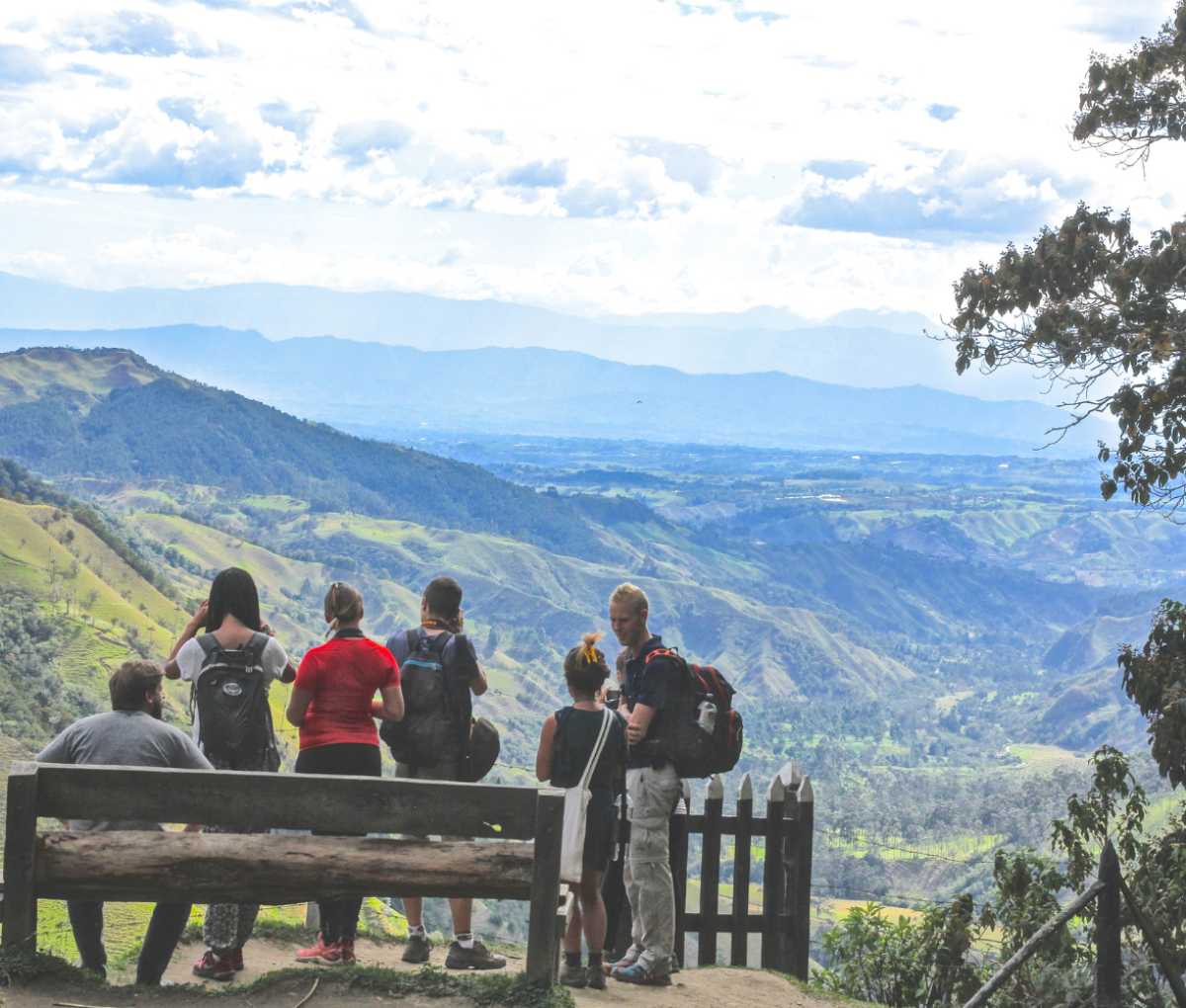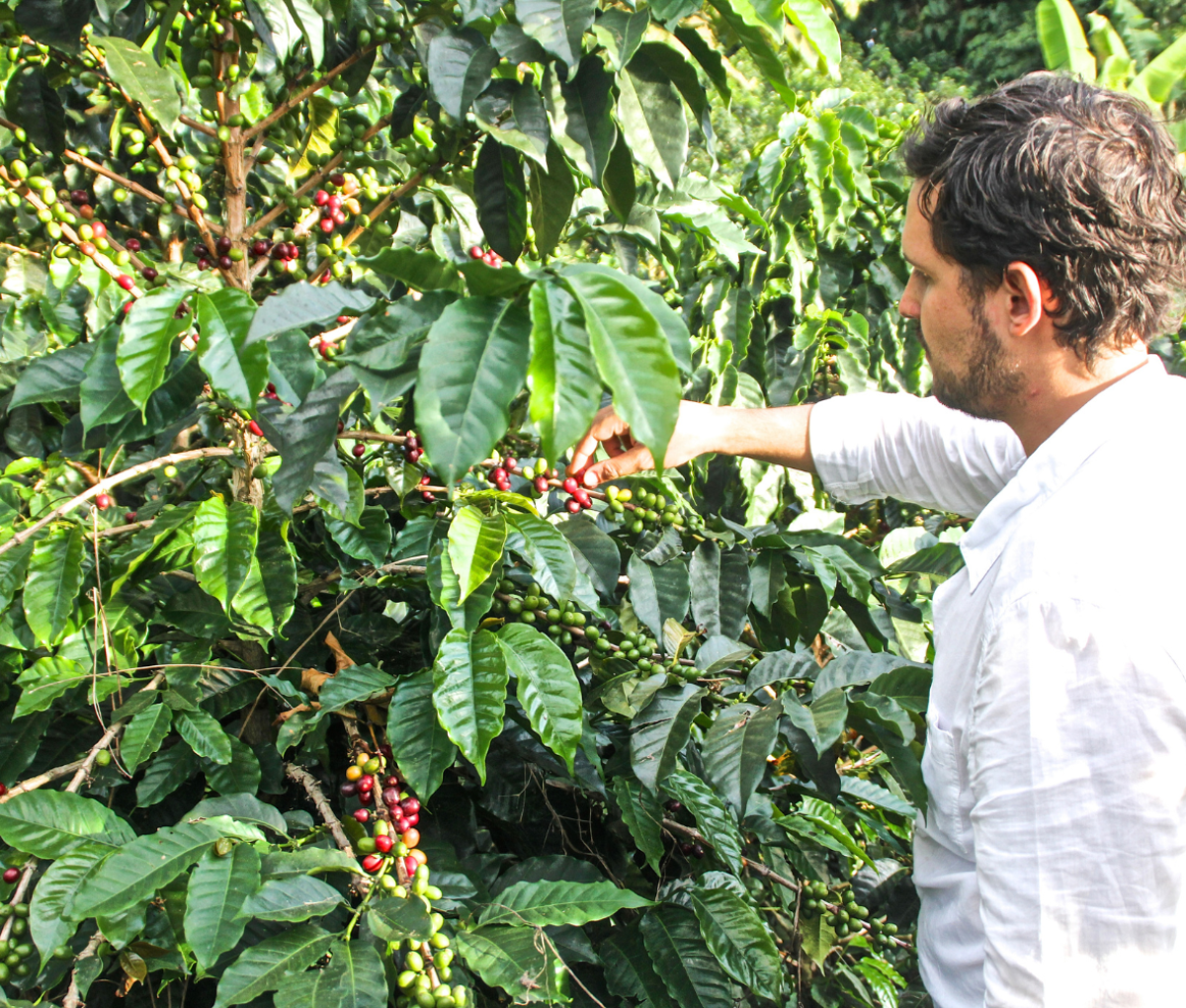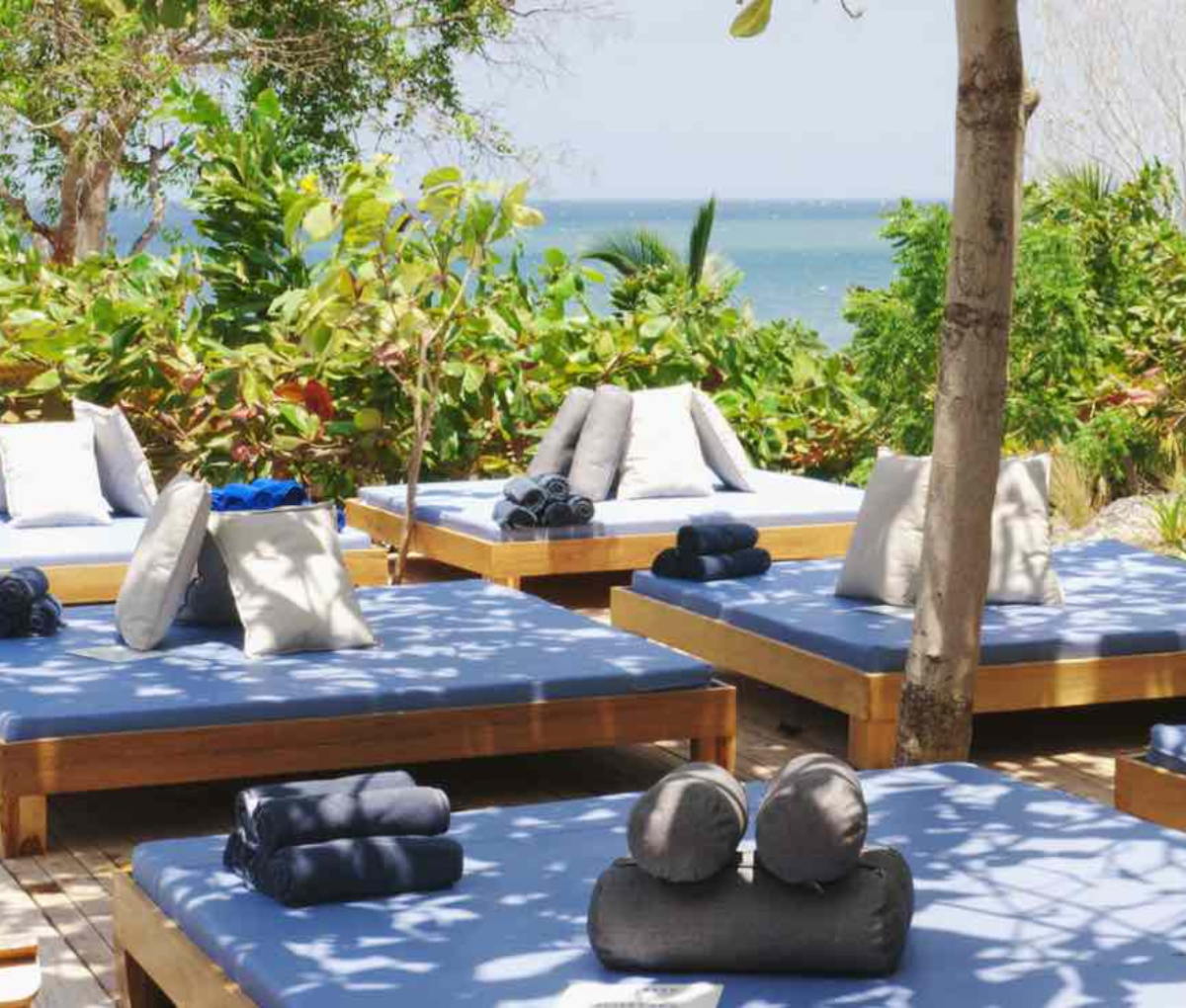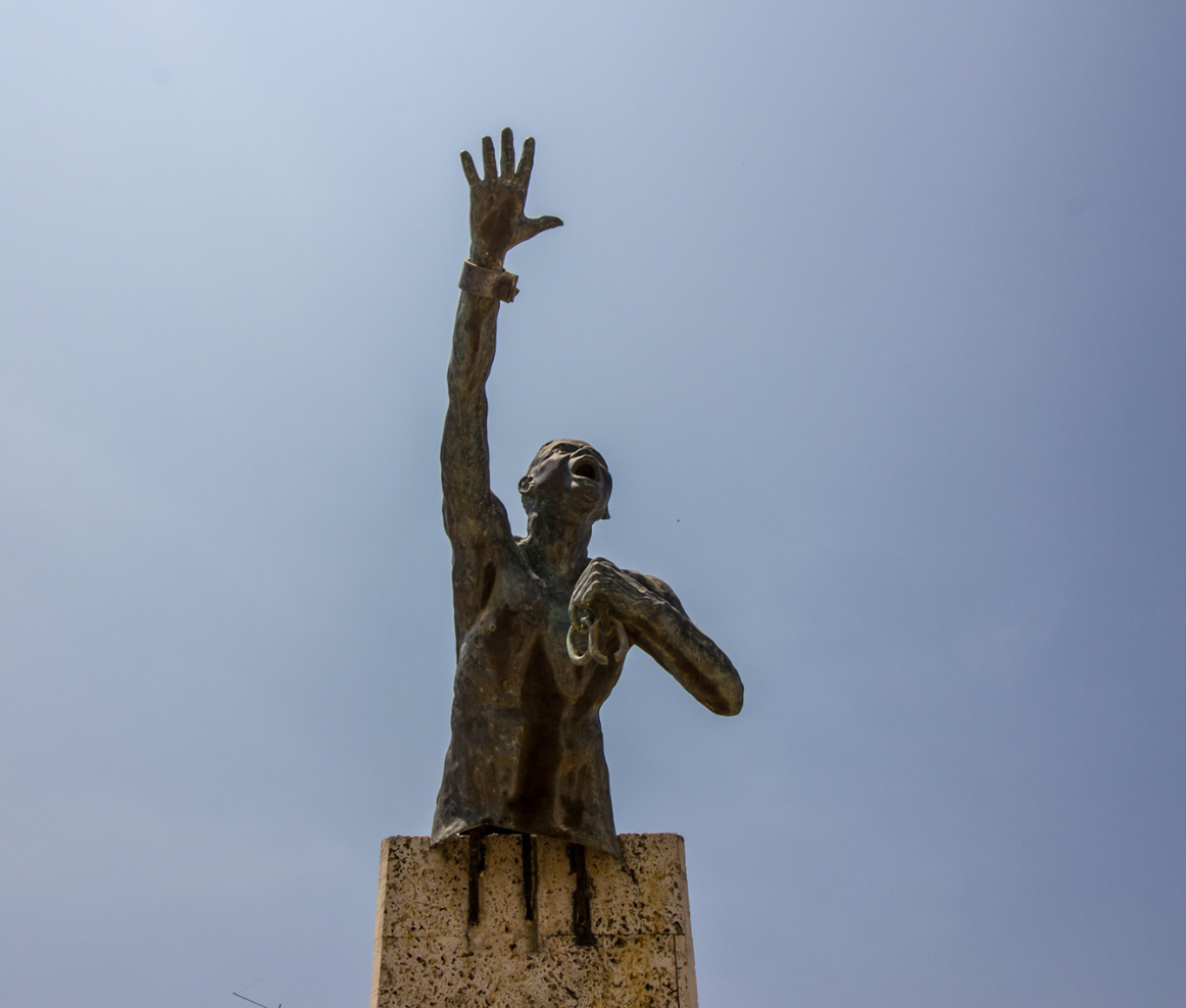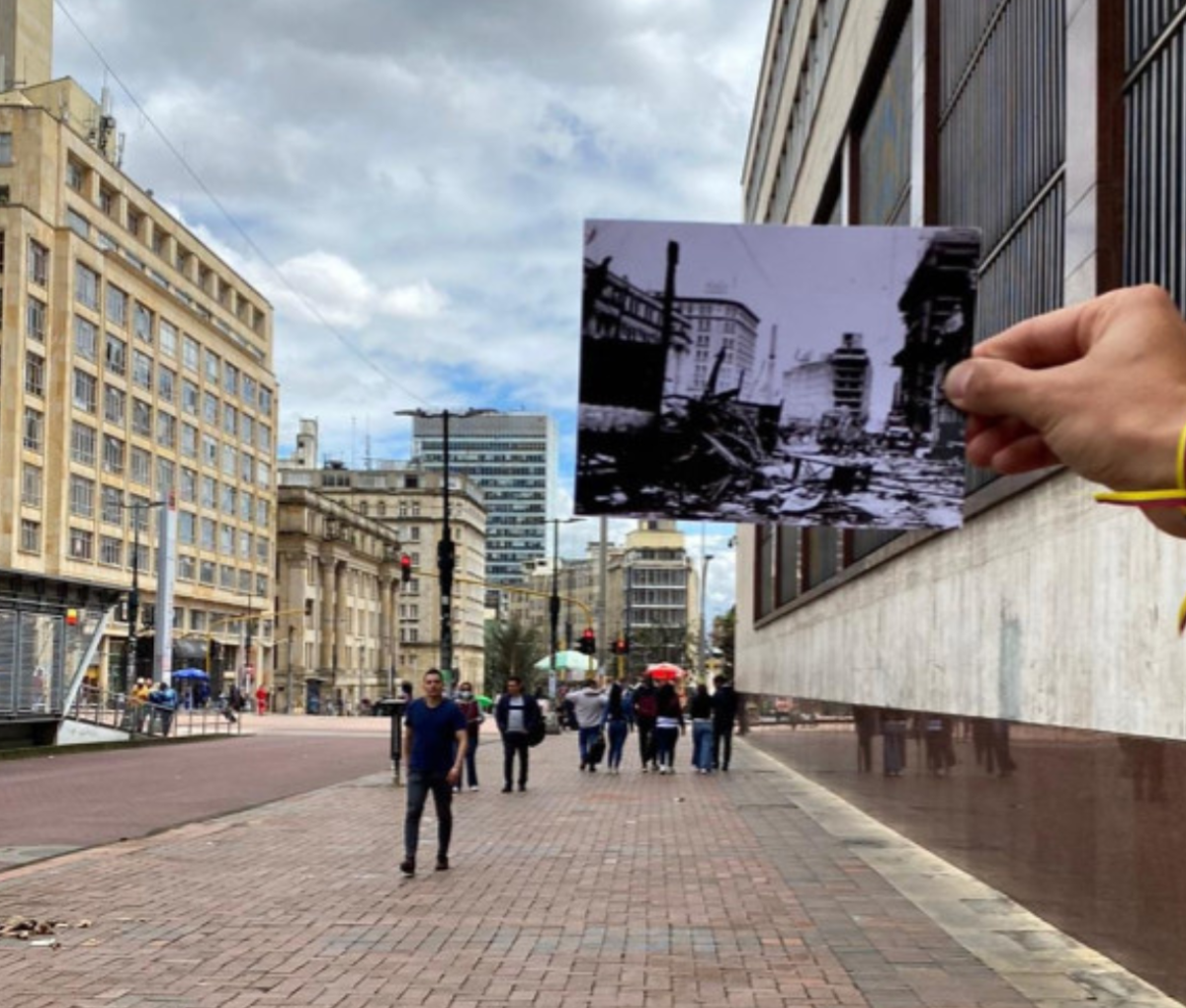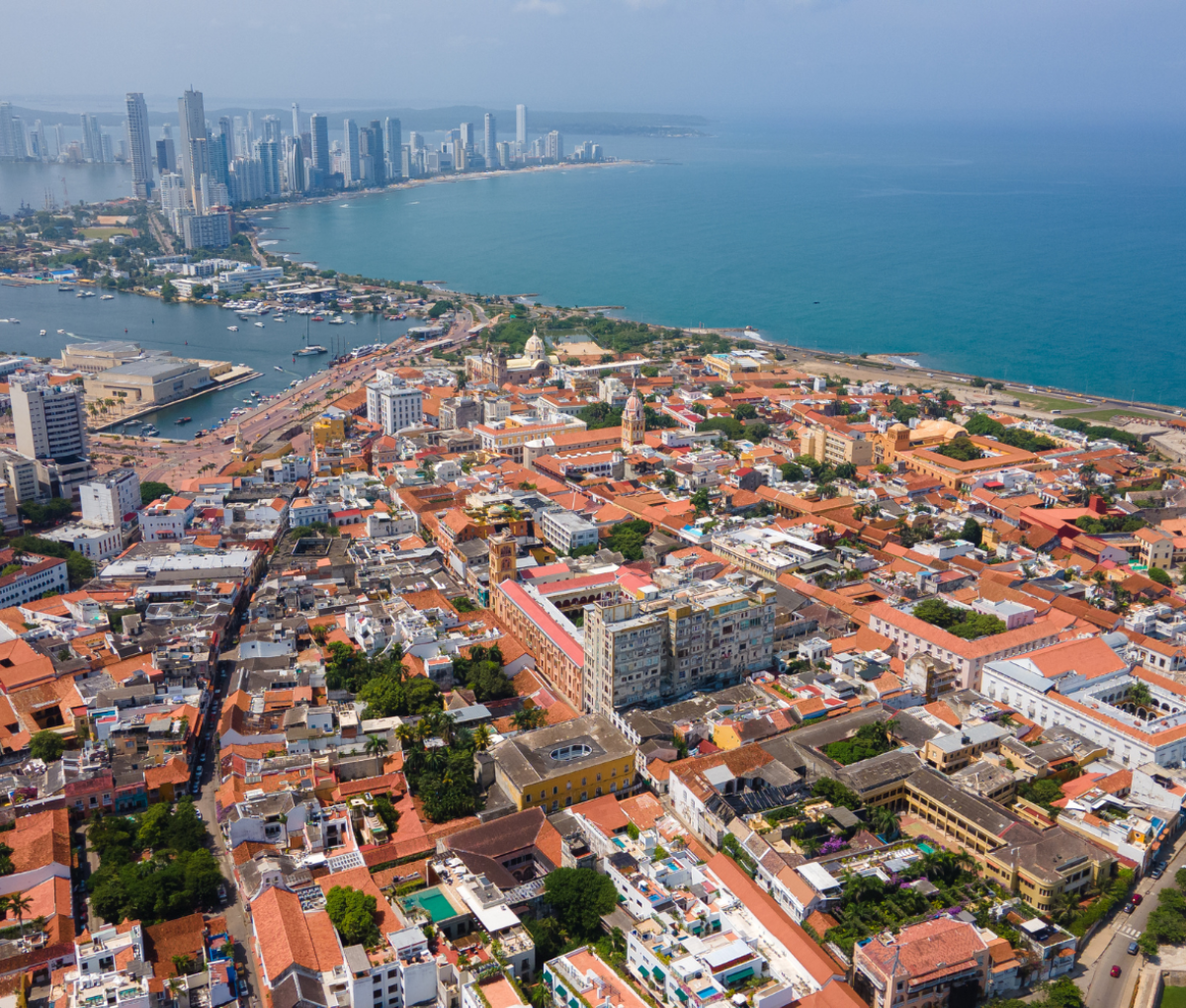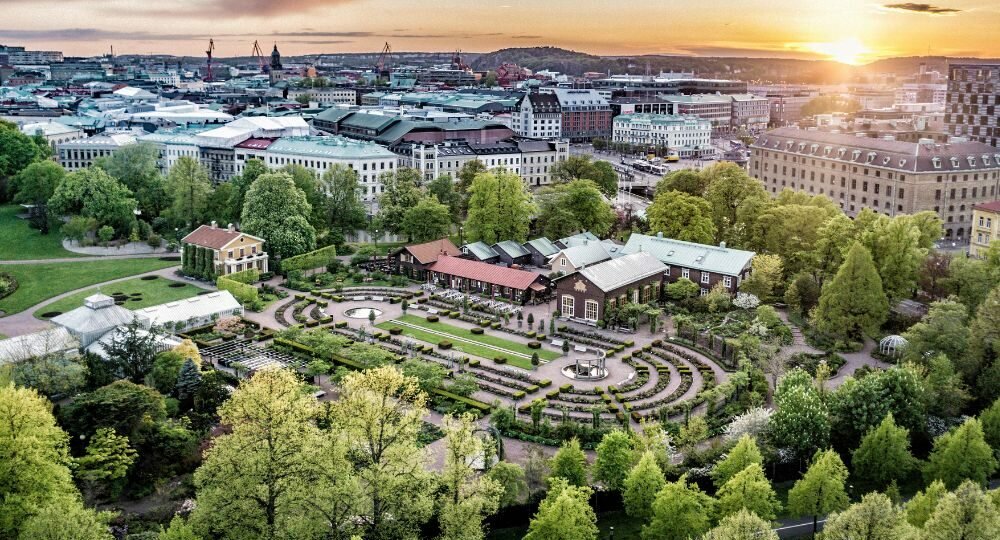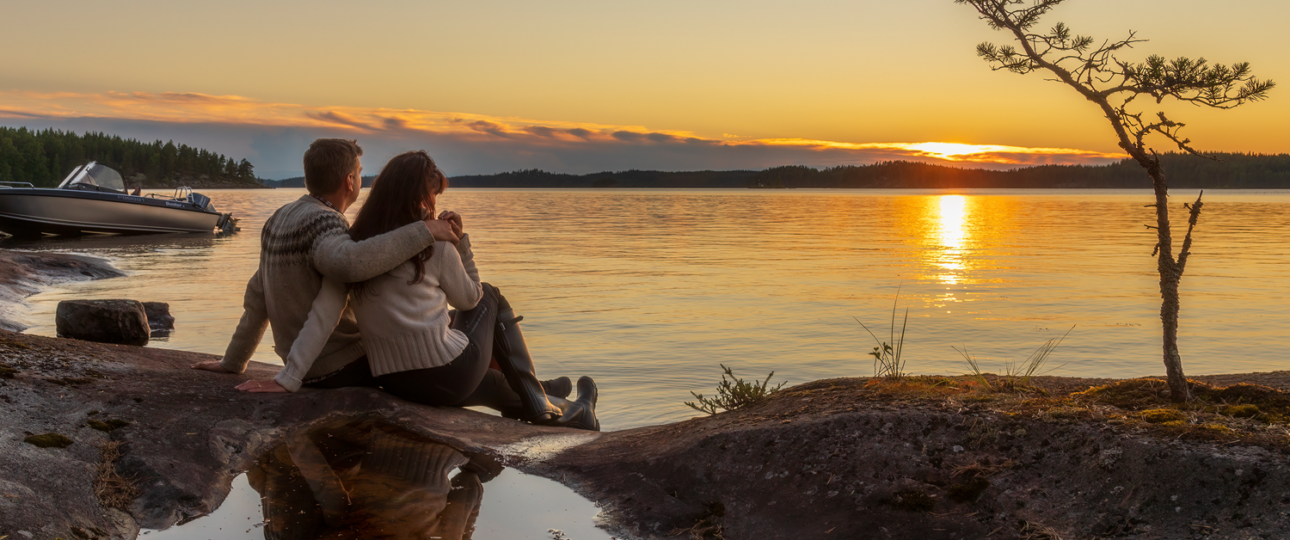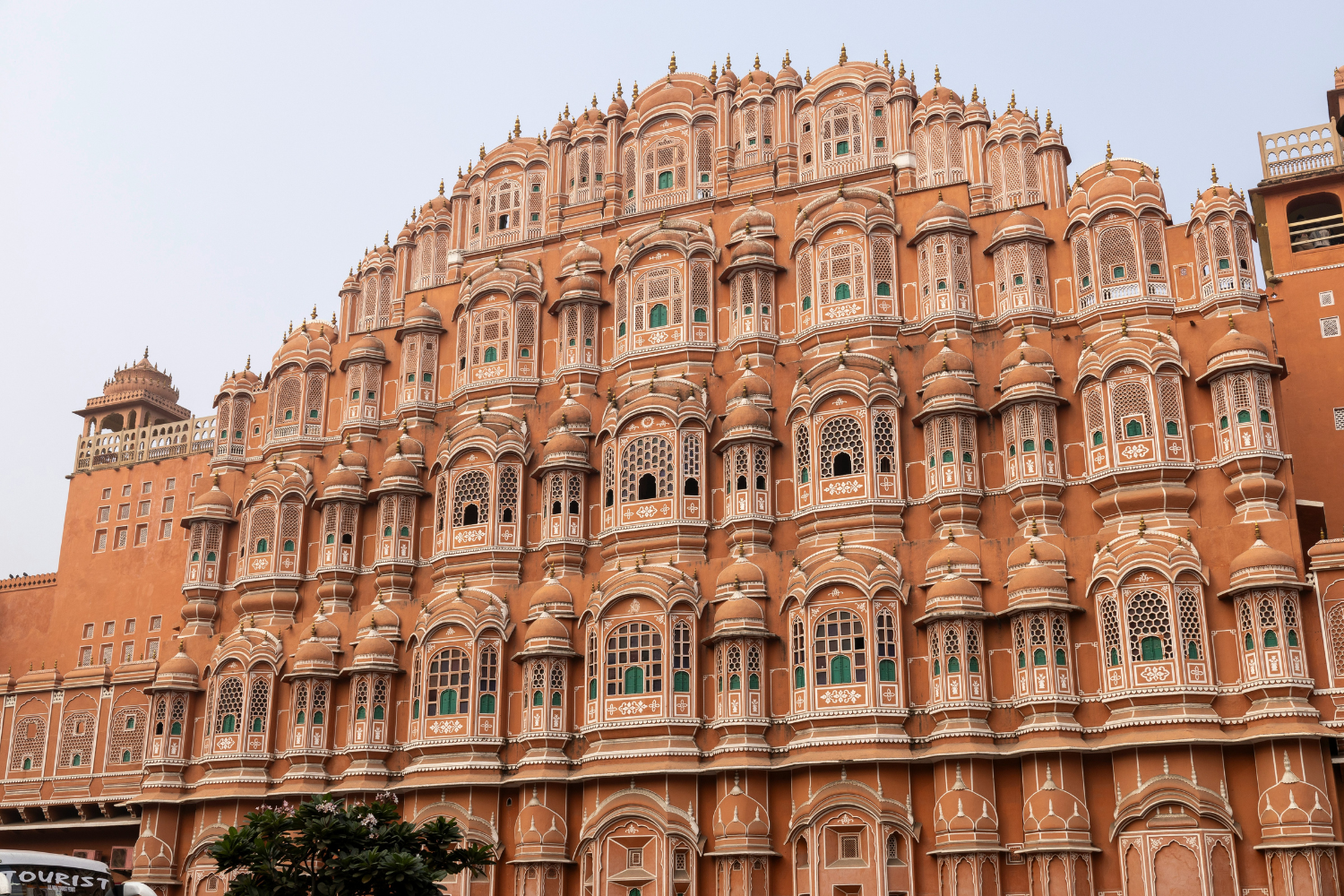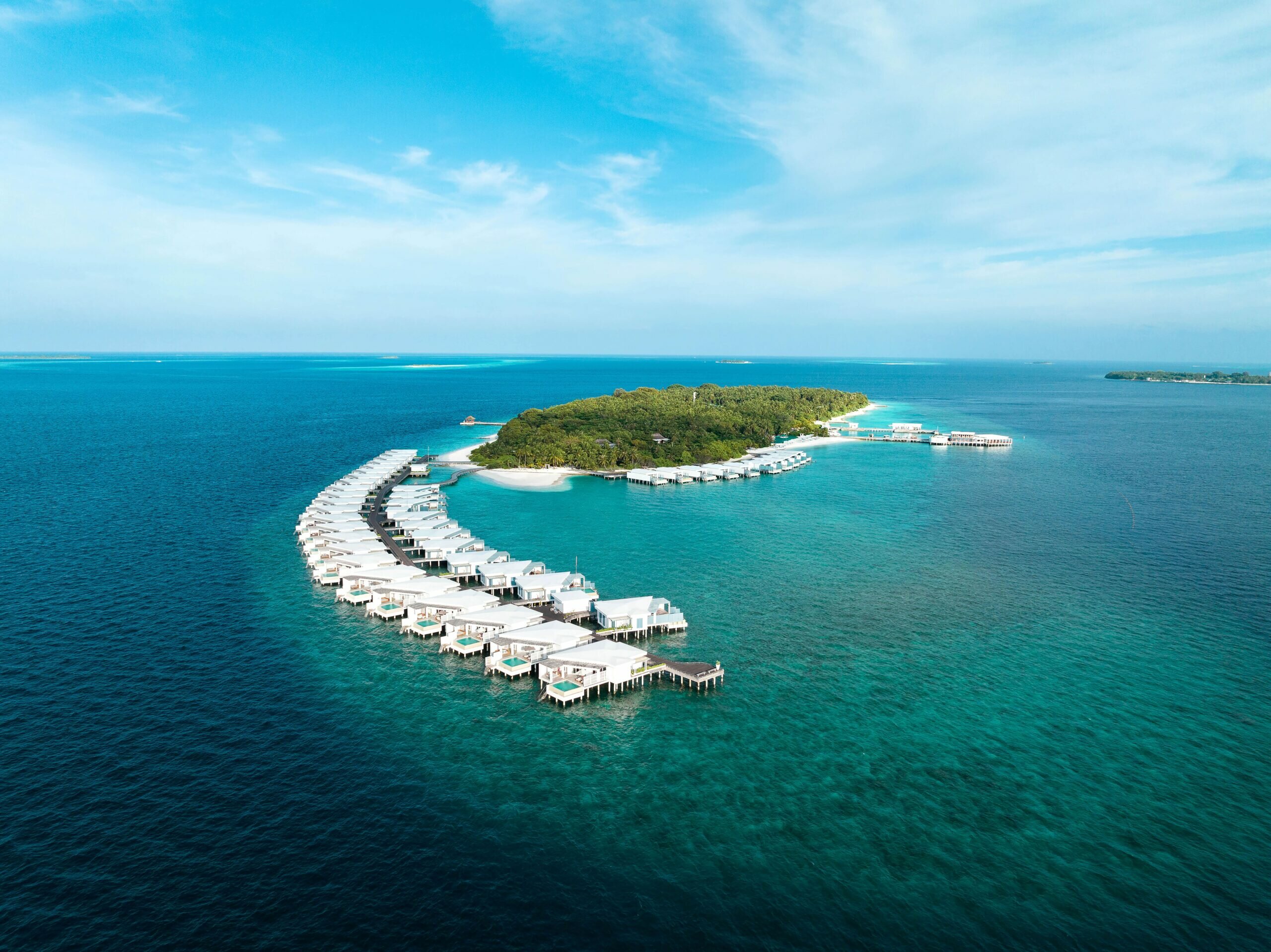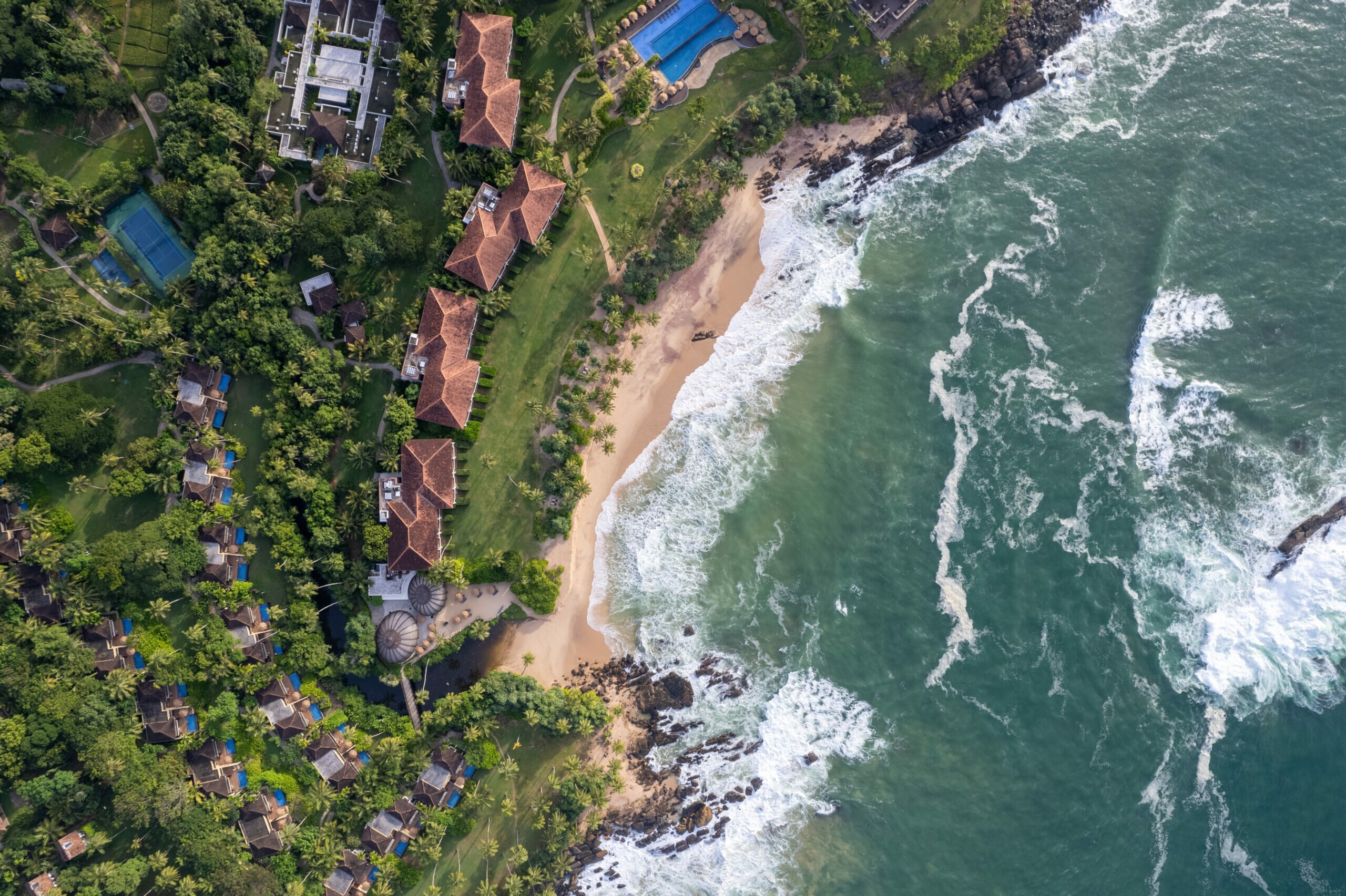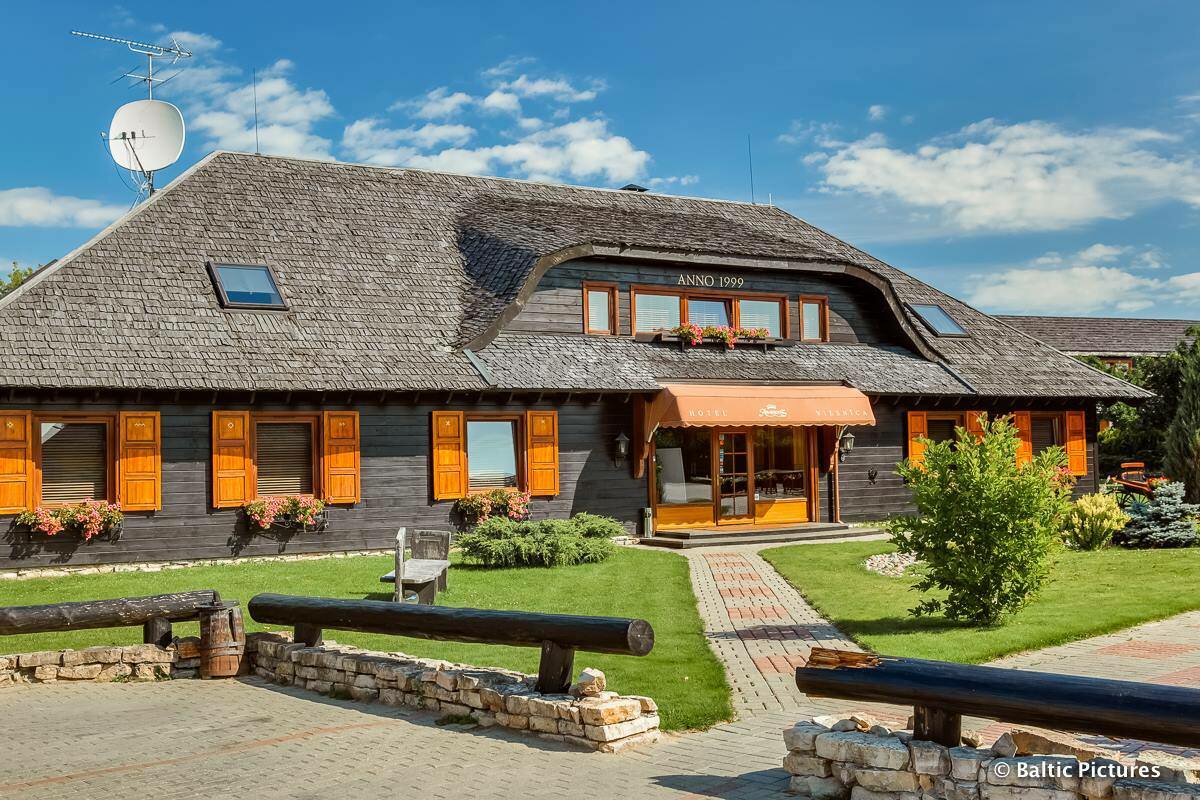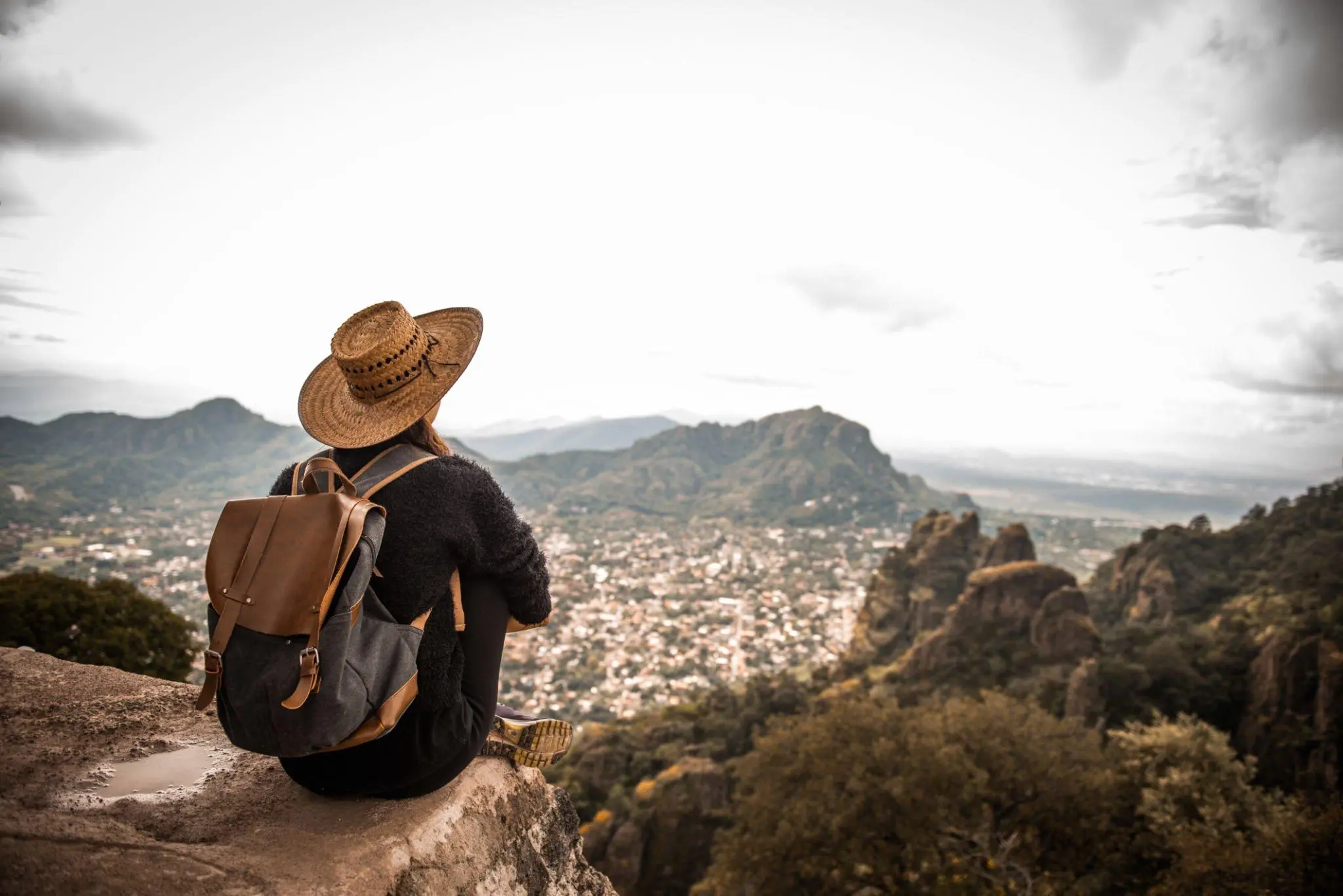Starting in Bogotá, this 13-day Sustainable Journey will see you delve into the country’s intricate journey of conflict and peace evolution, embark on a gastronomic tour and explore the Chingaza National Park before heading to Salento Quindío, your base for exploring the coffee region of Hacienda San Alberto and an unforgettable cloud forest hike in the renowned Cocora Valley. In Medellín, you’ll learn more about the effects of the conflict and the profound social transformation that has earned Colombia global recognition. After climbing “La Piedra”, you’ll go deep into Comuna 13 and meet musicians, artists and dancers. Music is the soul of Colombia and you’ll experience its rich musical heritage wherever you go. For the final leg of the tour, you’ll head to Cartagena, one of South America’s oldest colonial cities and a UNESCO World Heritage Site, and have a final day of pure escapism at Blue Apple Beach.
Journey Overview
Day 1 – Welcome to Colombia!
Day 2 – Bogotá City Tour
Day 3 – Day in Chingaza National Park
Day 4- Building Peace through Gastronomy in Bogotá
Day 5 – Day trip to Salento and Cocora Valley
Day 6 – From Seed to cup, exploring coffee excellence at Hacienda San Alberto
Day 7 – Head to Medellín
Day 8 – Day Tour of El Peñol & Guatapé
Day 9 – Tour of Comuna 13
Day 10 – Cartagena “The Pearl of the Caribbean”
Day 11 – Cultural Day Trip to Palenque
Day 12 – Day trip to Blue Apple Beach
Day 13 – Farewell Colombia
What’s Included?
-
- Accommodation: 12 nights
- Meals: 12 breakfasts, 6 lunches, and snacks and tastings as highlighted in the itinerary
- Transfers by air, car or minibus as indicated
- English-speaking, local expert guides as highlighted (days 2 – 11)
- Activities: Tours & workshops, and entry tickets to attractions as per itinerary
How is this a Sustainable Journey?
Supporting the local economy: This tour encourages travellers to contribute directly to the local communities by supporting local projects and initiatives, experiencing the vast range of Colombian produce, eating at local restaurants, and using locally owned activity providers and expert guides. All of the experiences allow for stops in beautiful places and throughout the tour you’ll engage in initiatives that contribute to Colombia’s peacebuilding process as well as support its businesses, communities, guides and conservation efforts in each of the places visited.
Accommodations: Wherever possible we use locally owned and run hotels and guesthouses. You make an impact not only by contributing directly to the local economy but also through meeting the locals and experiencing their hospitality, customs and traditions. The hotels selected for you in Colombia are locally owned and operated, each reflecting Colombia’s rich cultural and built heritage as well as providing a great sense of place through their individual contemporary styles and vibrant designs.
Food and drink: Colombian cuisine has its roots in the indigenous cultures that once inhabited the region and was further influenced by the arrival of the Spanish as well as the African slaves brought here. Colombia is also known for its focus on fresh, local ingredients. During this tour you’ll have the chance to sample many local specialities and experience different flavours and traditional recipes that are localised to their regions, often passed down with the traditional wisdom of many generations. The food supply is shortened in that the produce is locally sourced, grown or gathered in their surrounding landscape, and is freshly prepared and cooked. Whilst all this gives your hosts the opportunity to impart their local knowledge, it also gives you quite different and unique experiences, whilst also ensuring there are no unnecessary food miles.
The places you visit usually offer vegetarian and/or vegan options, and most can accommodate different dietary needs. When you book your trip, you’ll be asked for details of any dietary preferences and requirements, so that your experience can be tailored for you.
Local staff: Your hosts and guides are local people living in the destination. They own, manage or are employed by each hotel, activity provider or tour company, meaning the money paid to them goes directly into the local economy.
What are the Sustainability Challenges?
Transport: Getting around in Colombia is an experience in itself and using public transport is considered an integral part of any Sustainable Journey. Within Colombia’s cities, you will use the local metros, cable cars and trams, and in your free time, you may well make good use of the local bus networks.
However, due to the distances involved, as well as the challenging terrain of the country, it has been necessary to include internal flights between Bogota, Quindío, Medellín and Cartagena. All the destinations featured in this tour are located in the Andes, the longest continental mountain range in the world! In Colombia, the Andes split into three ranges – the Cordillera Occidental, Cordillera Central and Cordillera Oriental – and this is where Colombia’s historic towns and cities are located. Interspersed with valleys, plunging canyons and sun-baked plateaus, road journeys are long, winding and bumpy. The road conditions vary and can be affected by changing weather conditions. So, for example, whereas the journey between Medellín and Cartagena can take around 12 hours by road, the flight takes just over one hour. On a two-week journey taking in the key destinations of Colombia, flying is considered the best option, giving you a greater amount of time to explore and experience each place.
If you have longer to spend in Colombia, do embrace the experience of using the country’s long-distance public transport options where possible. And enjoy the ride!
